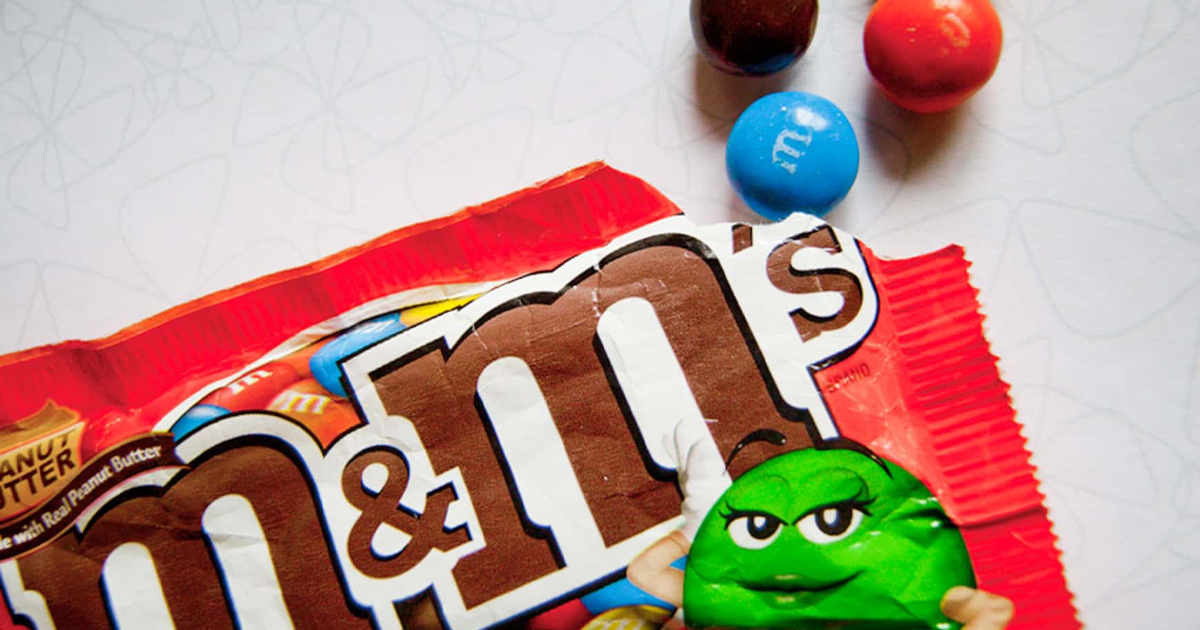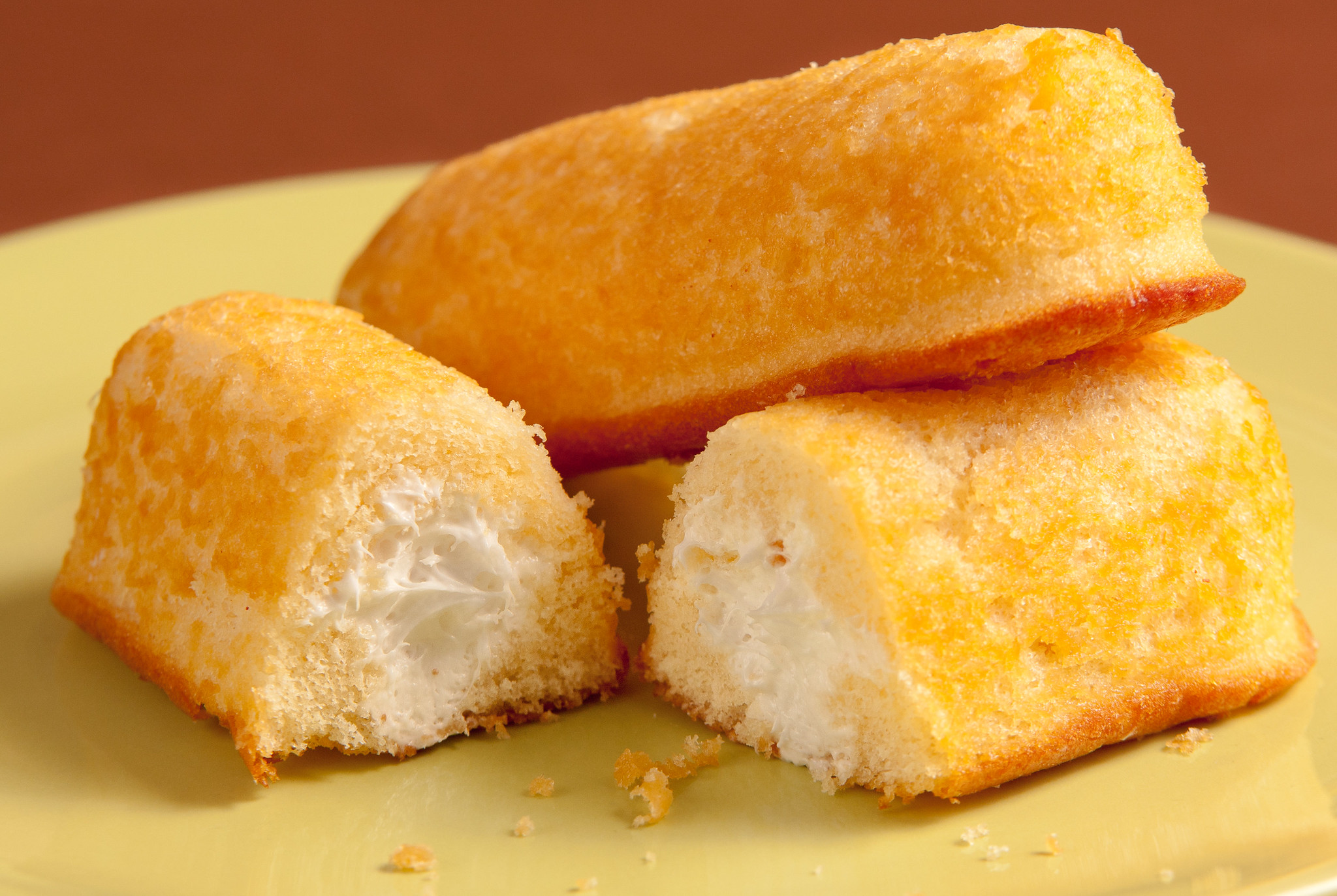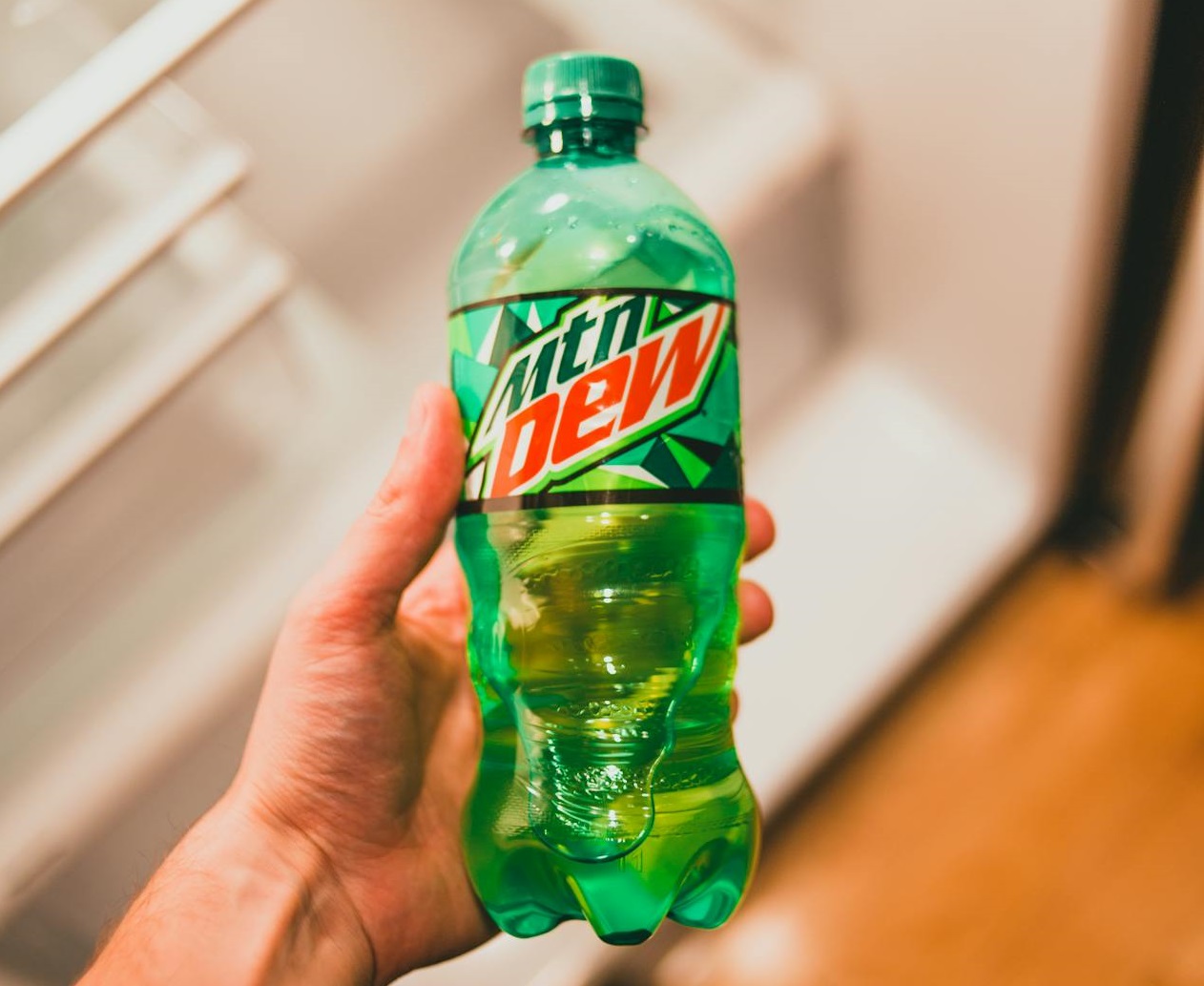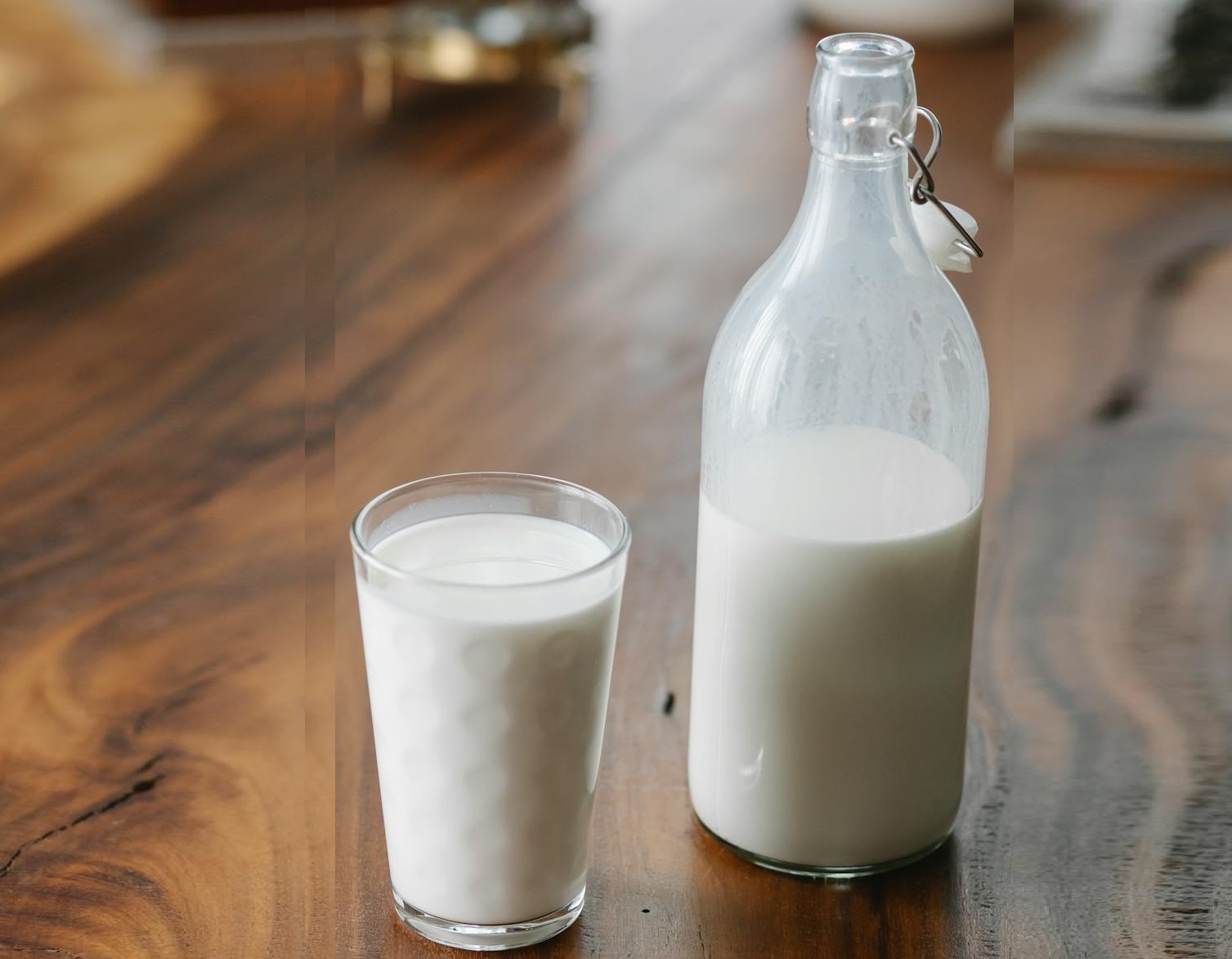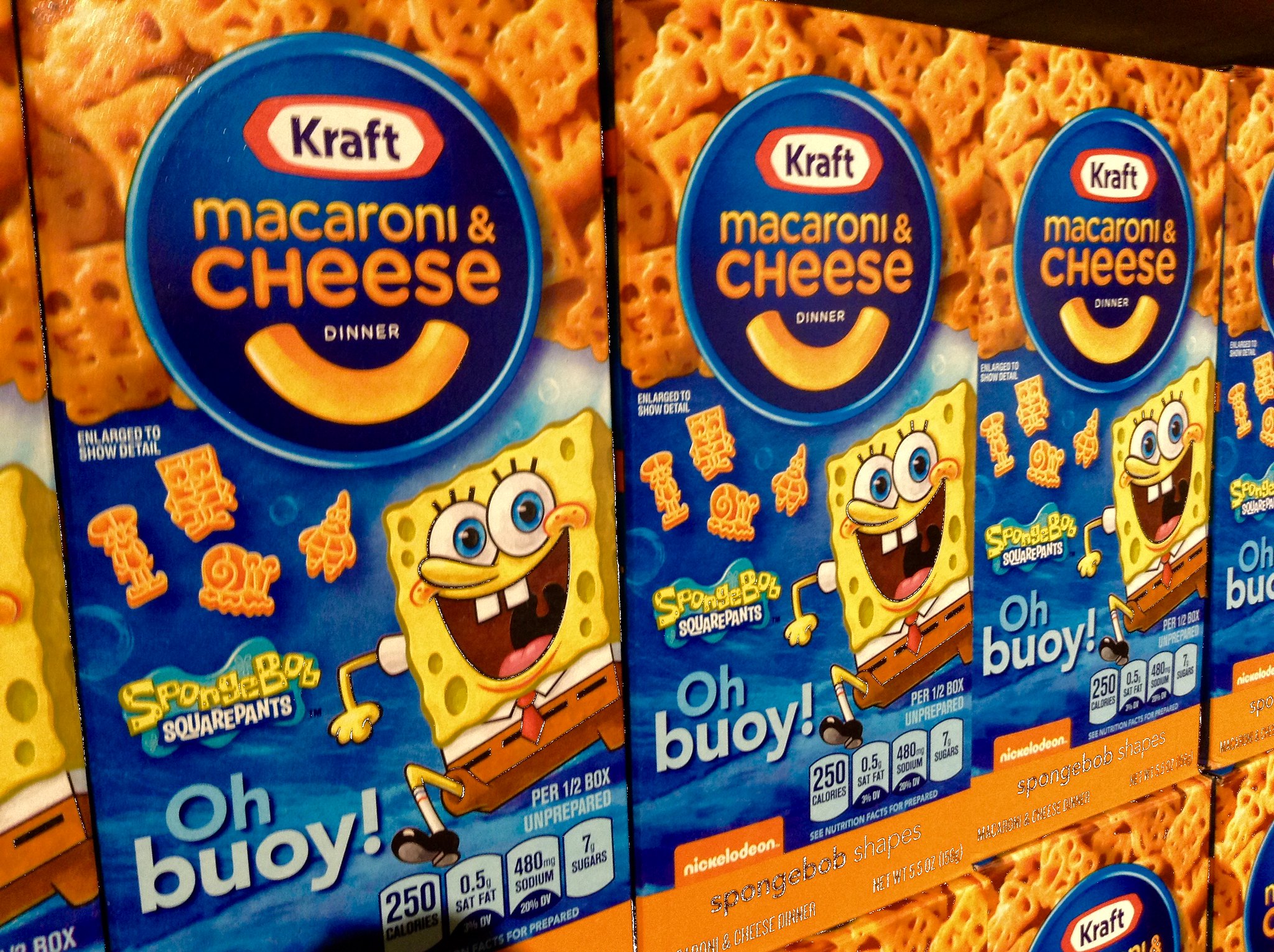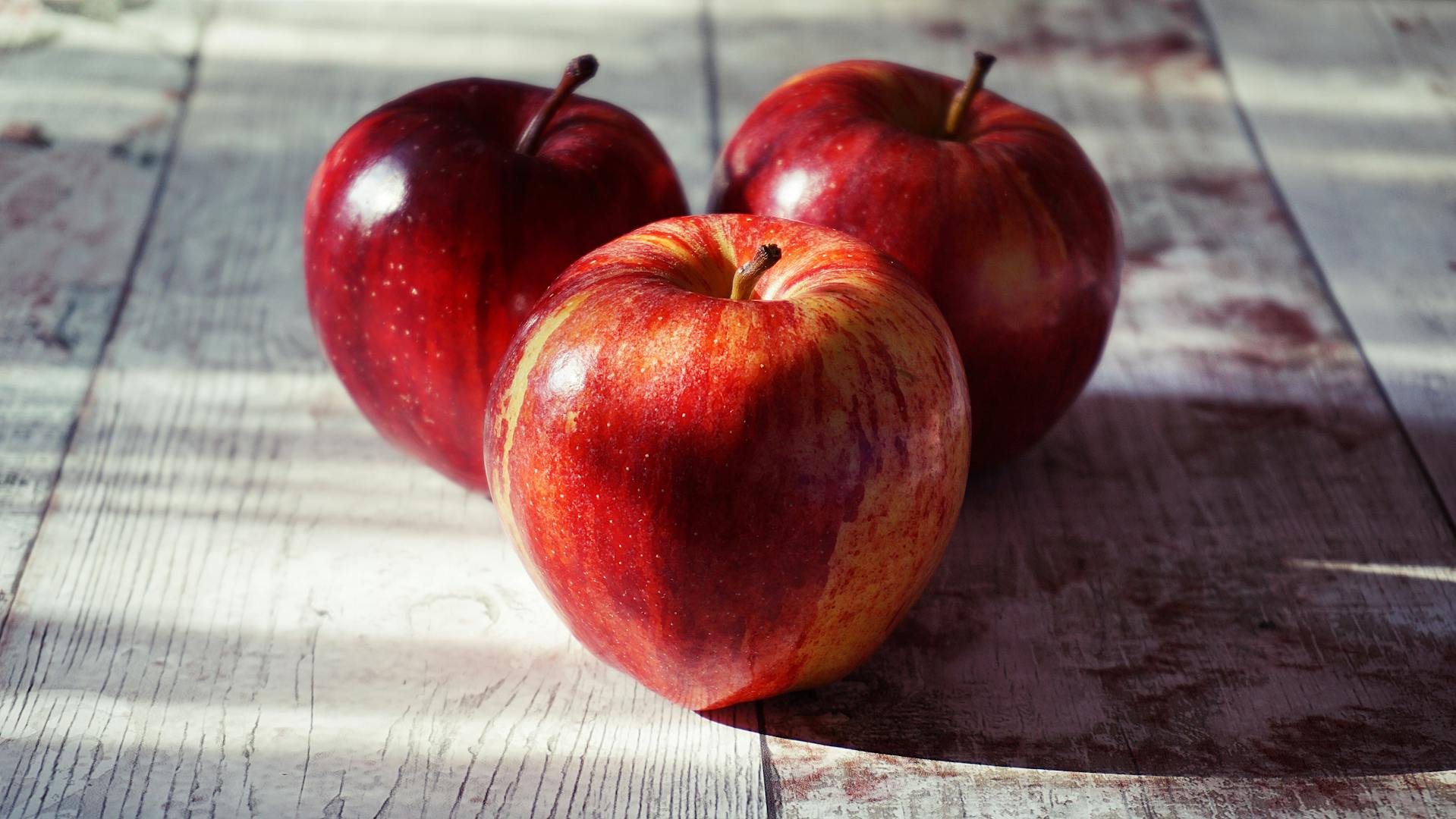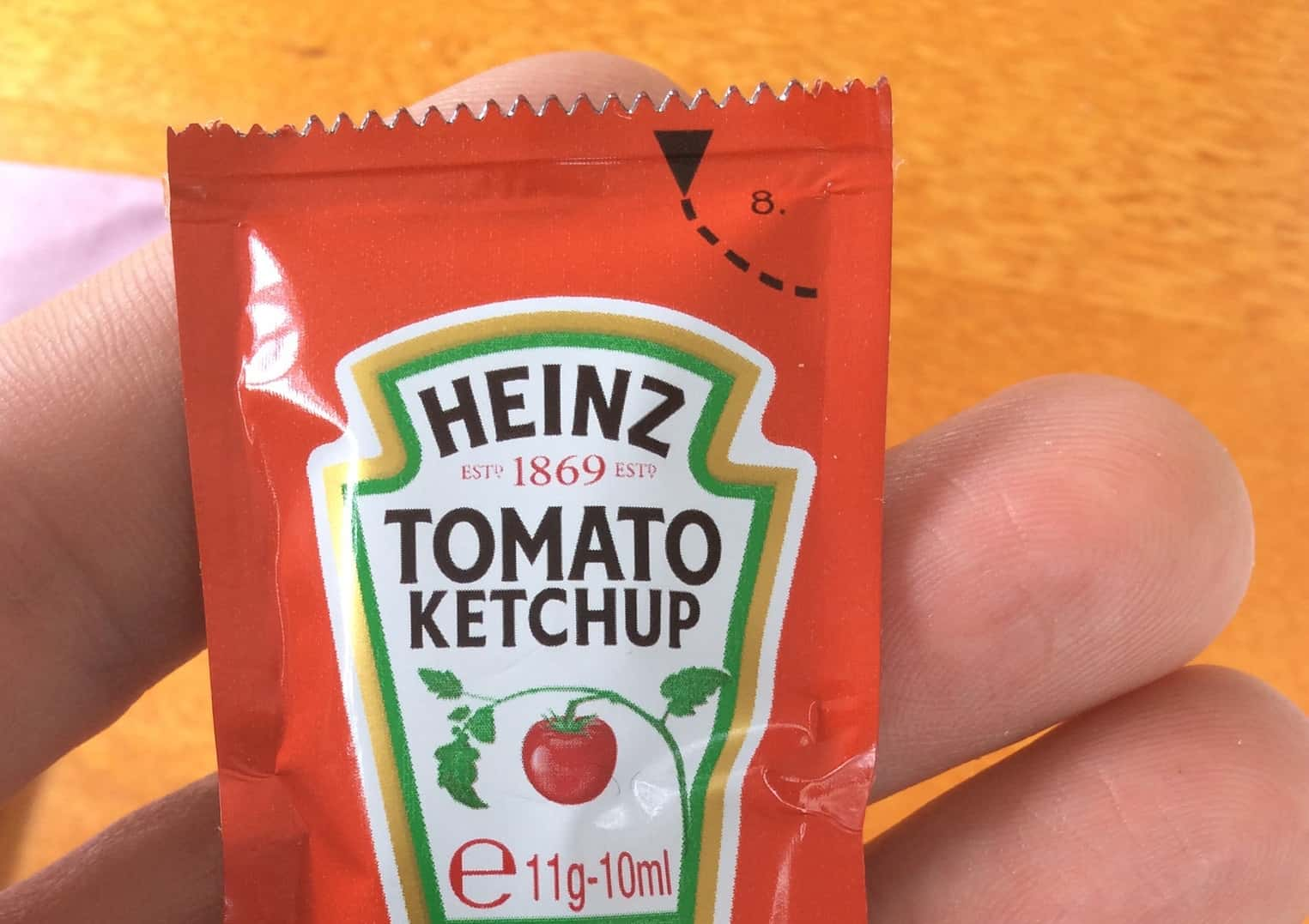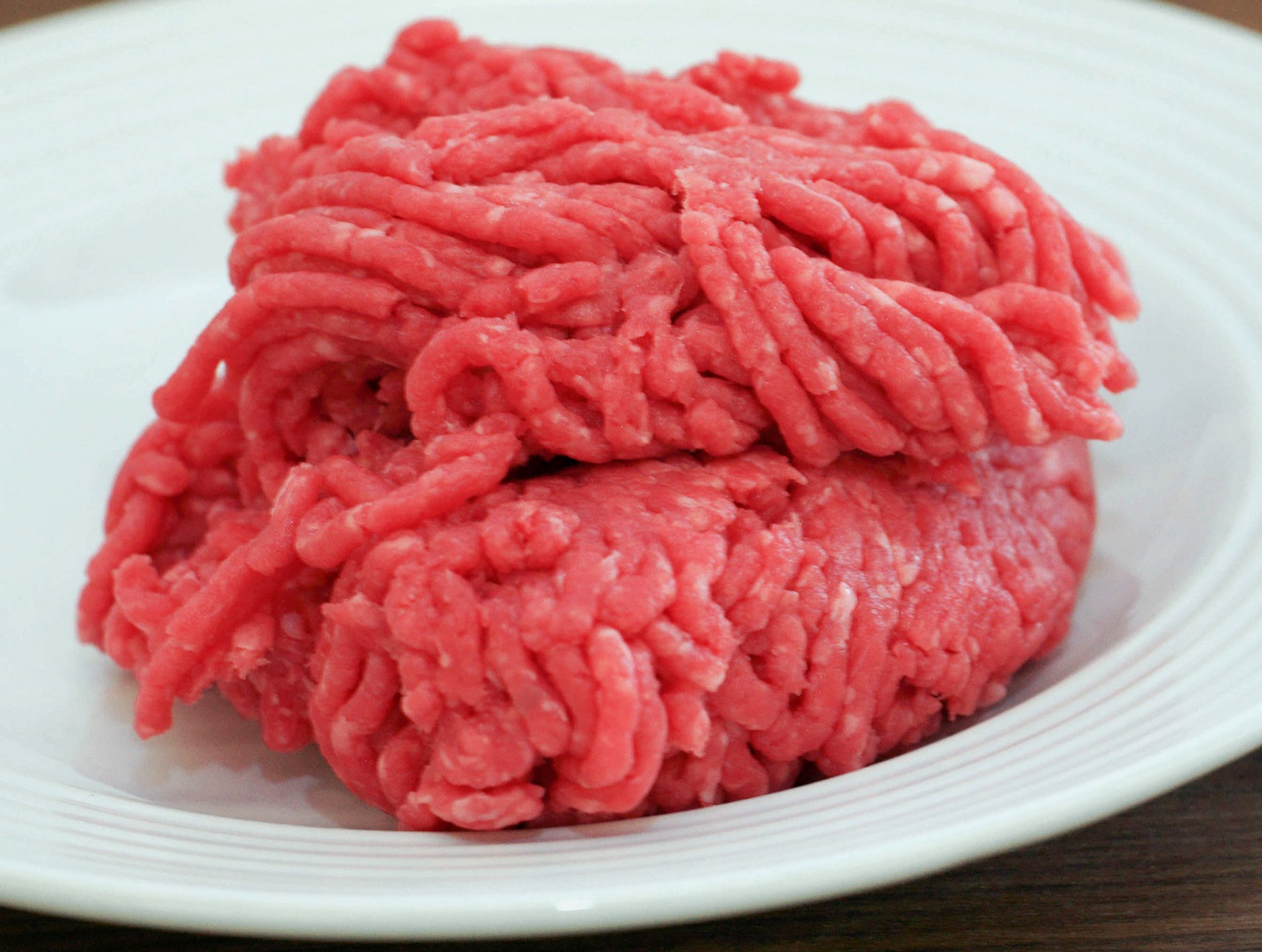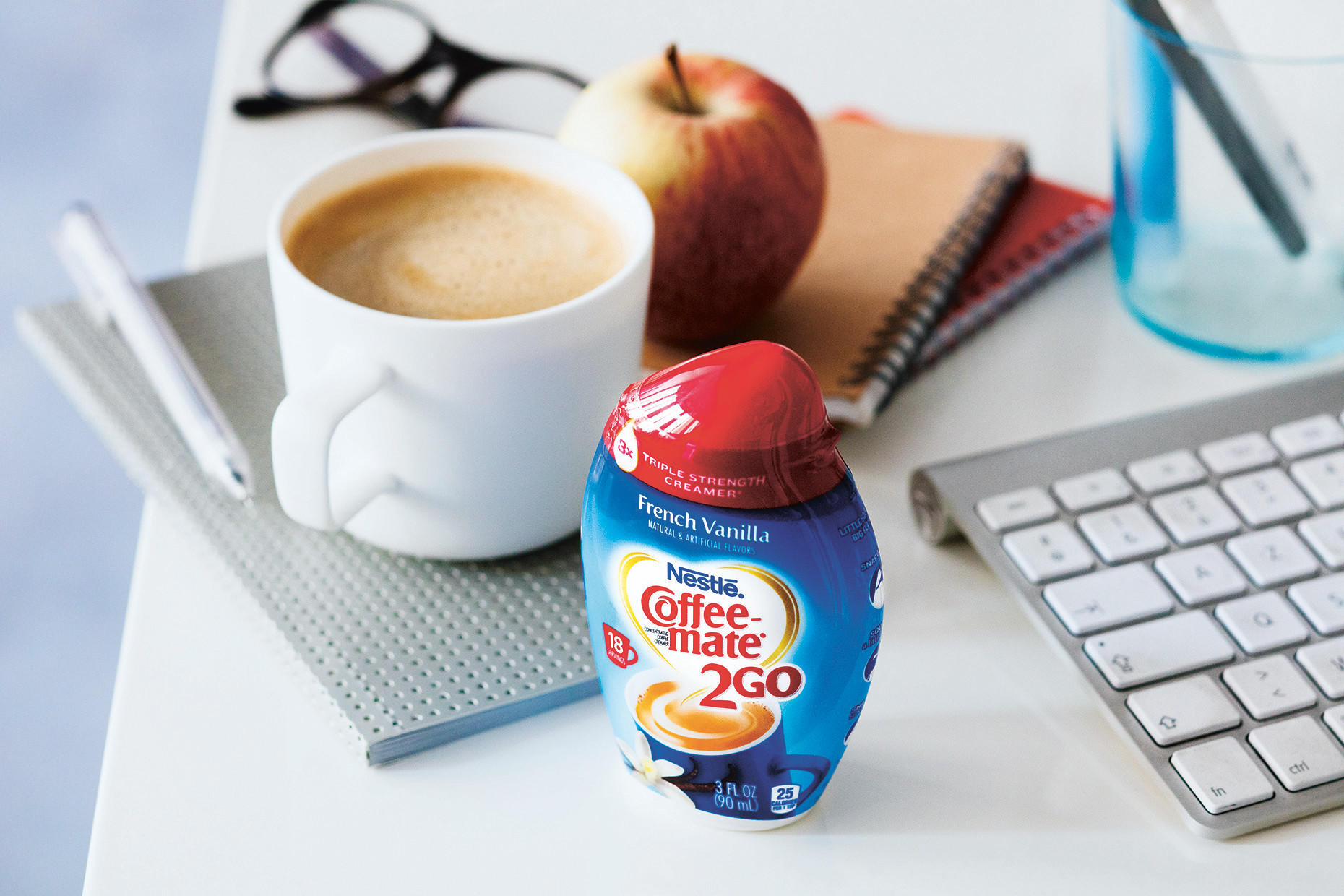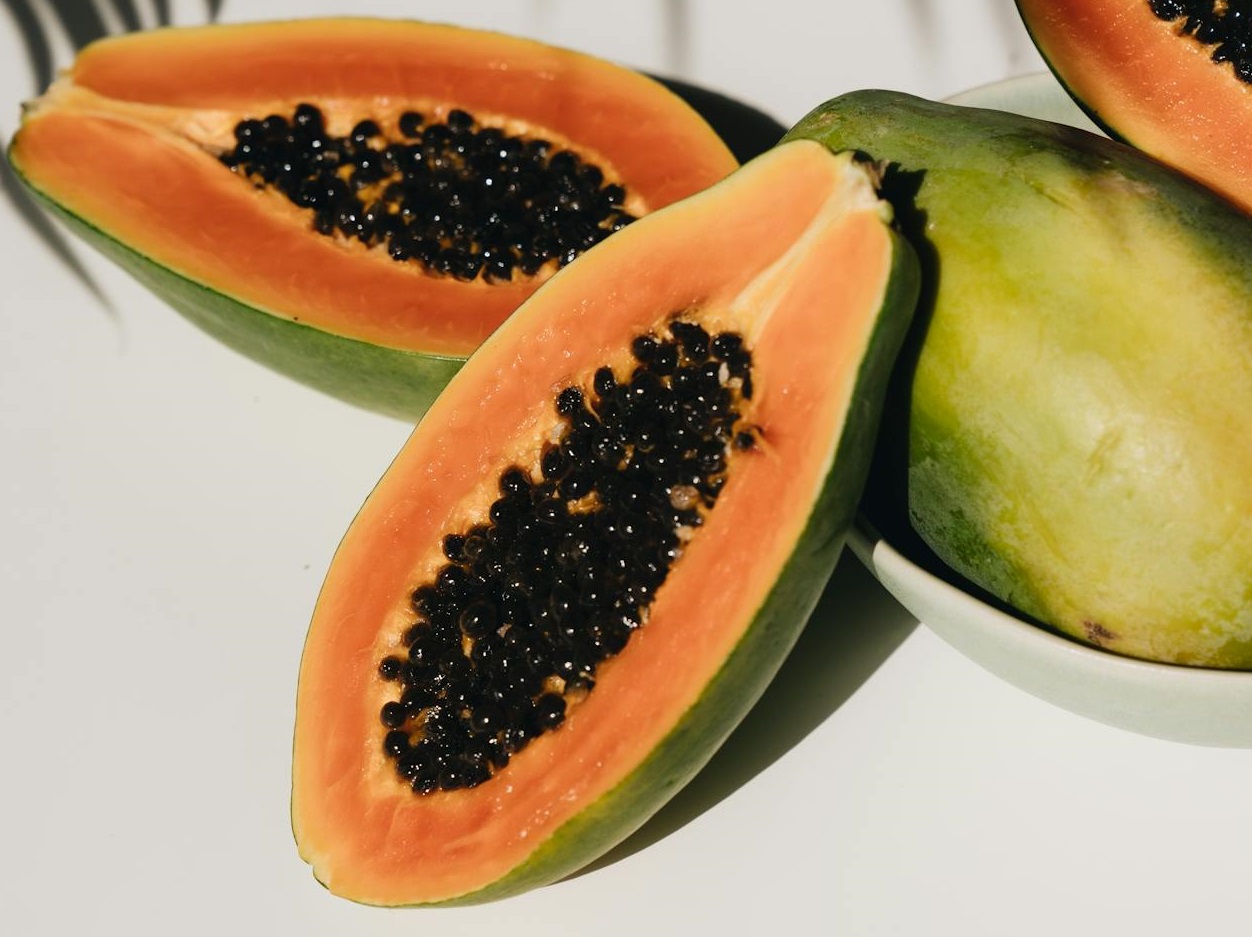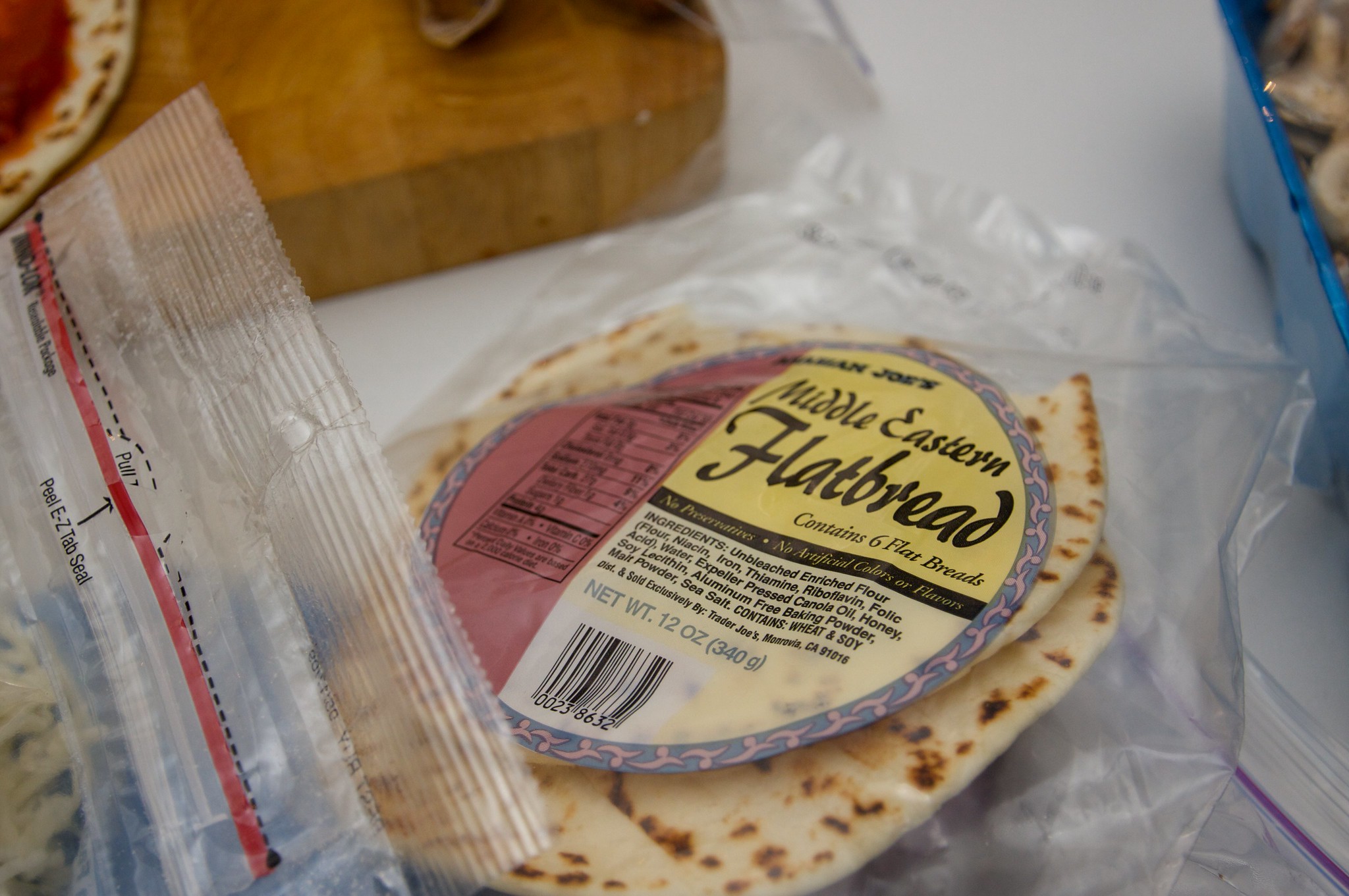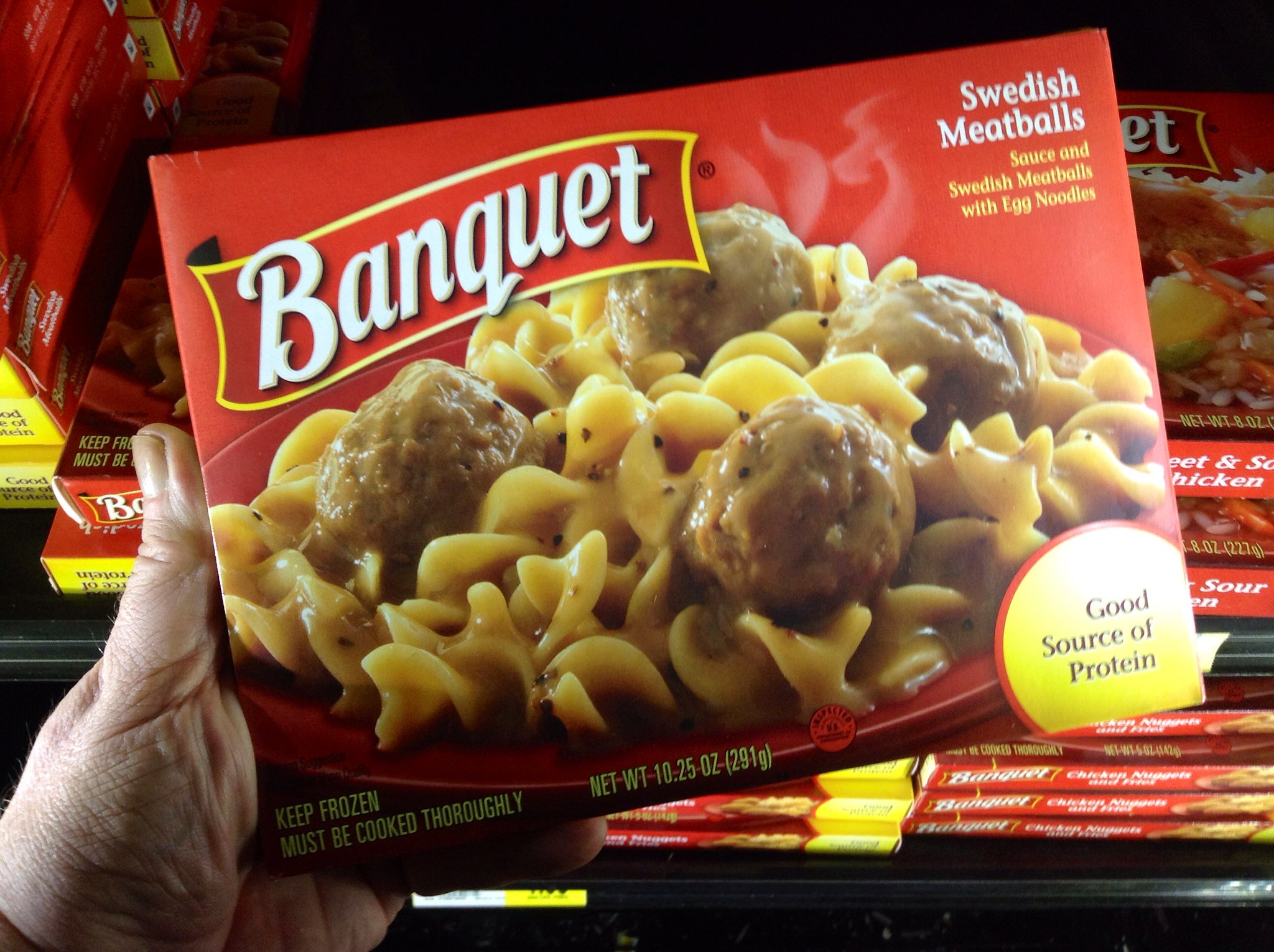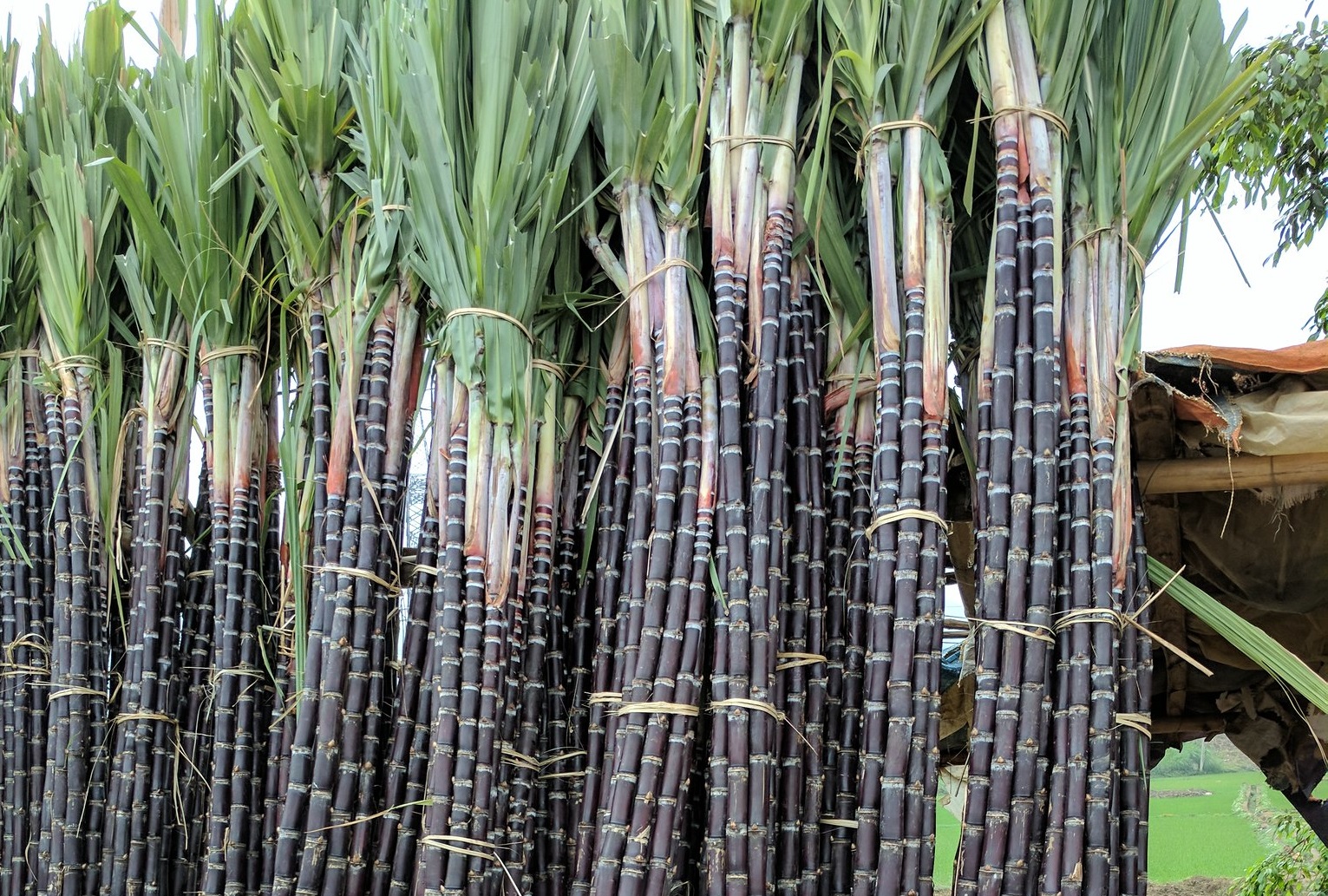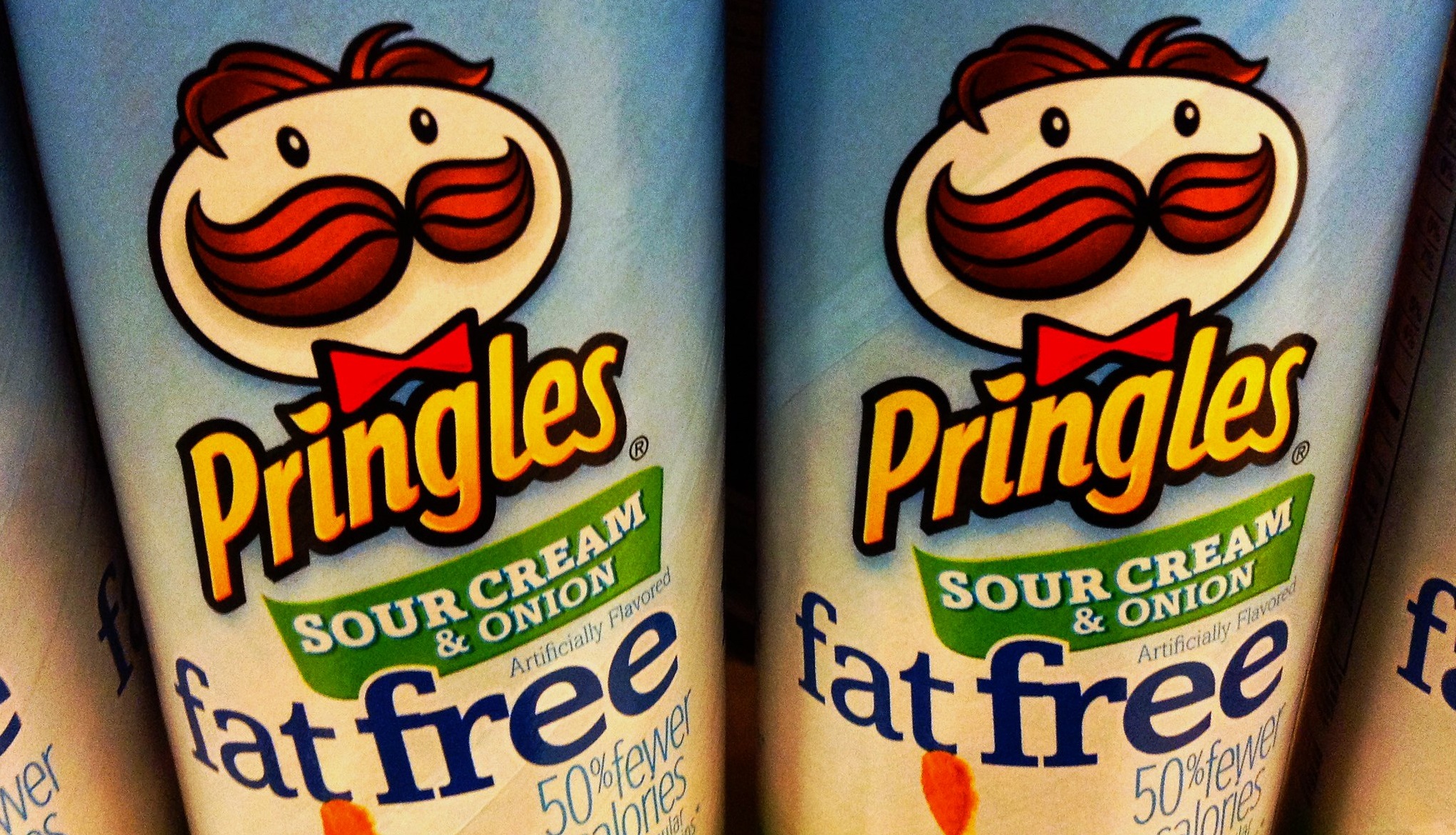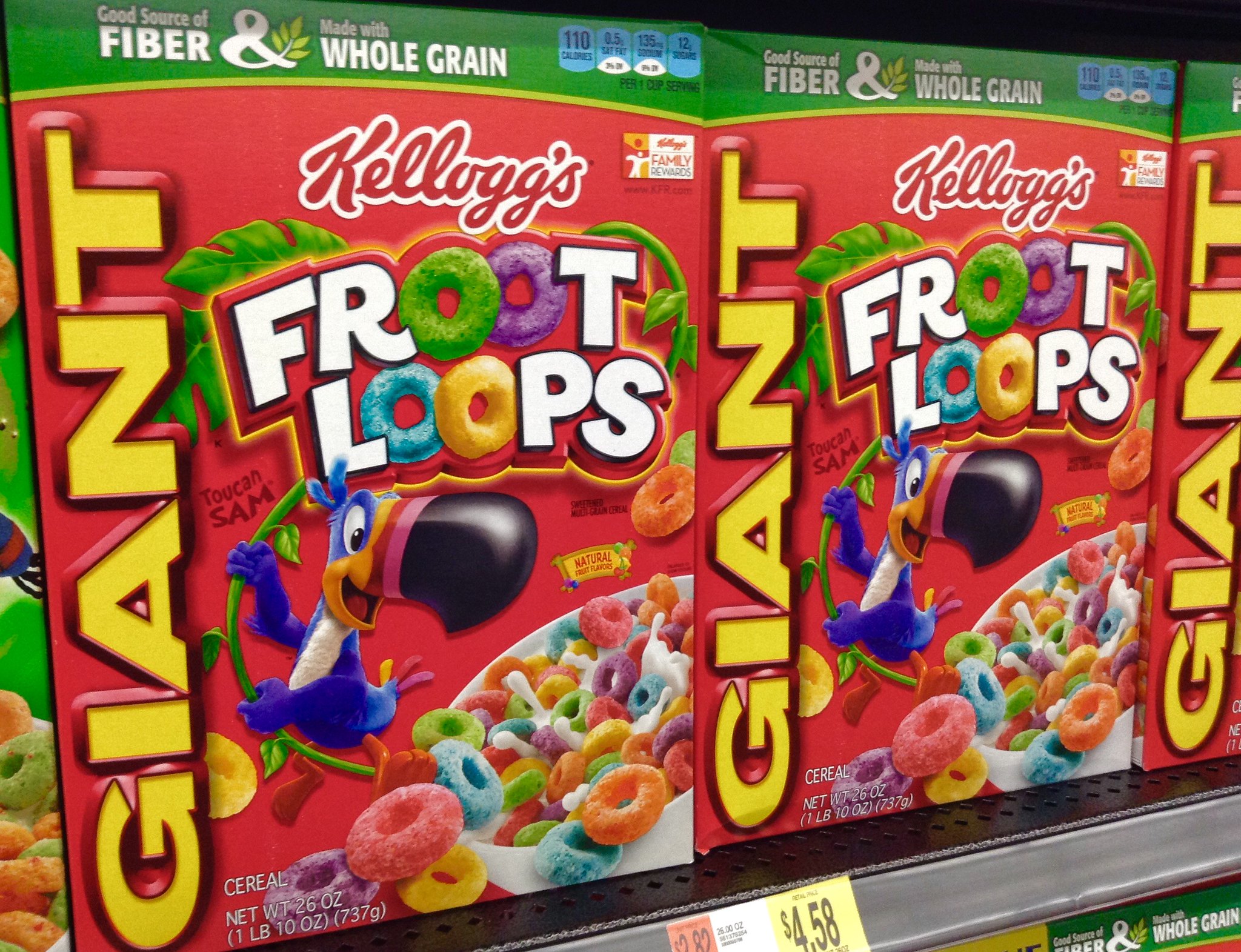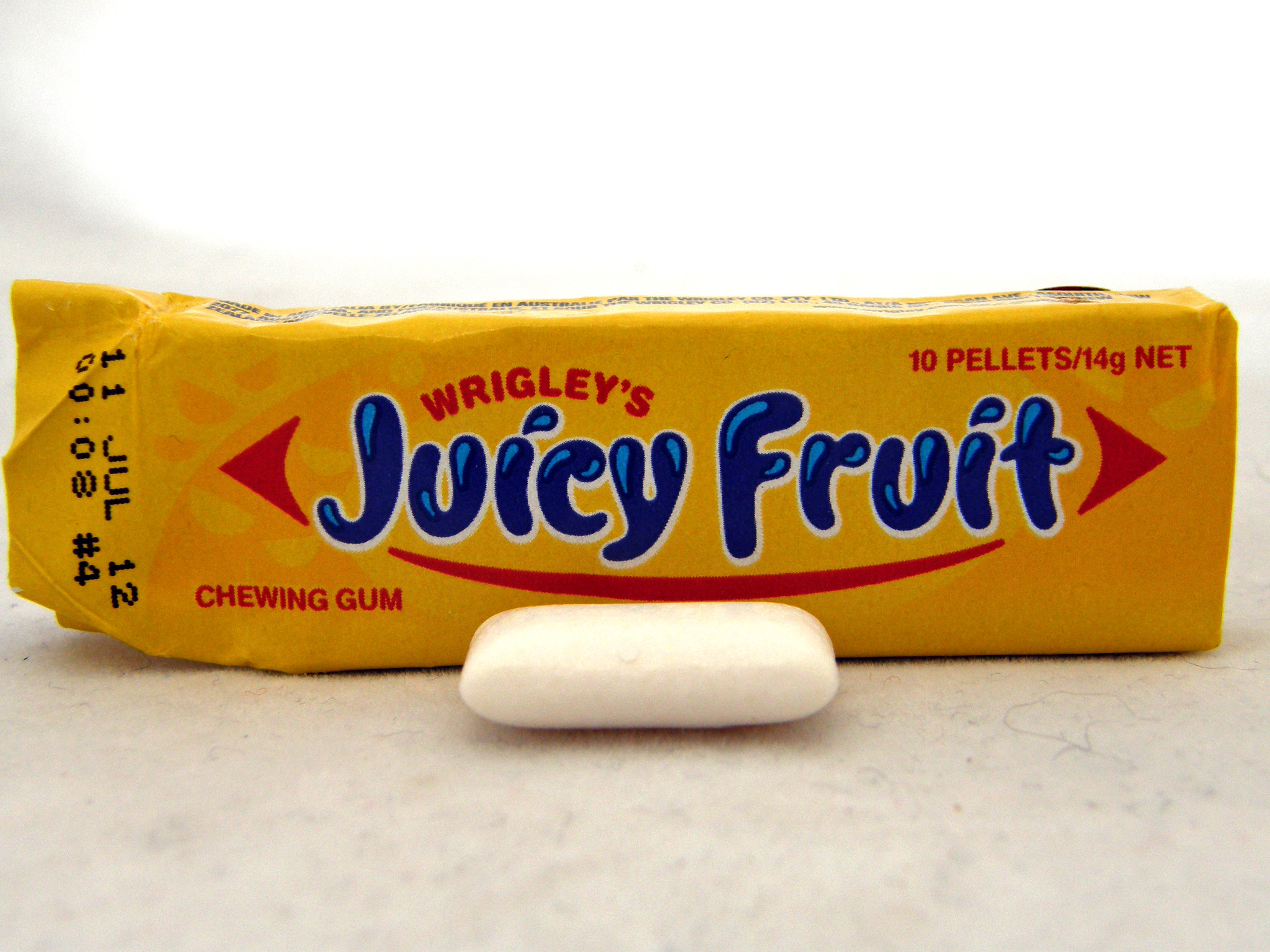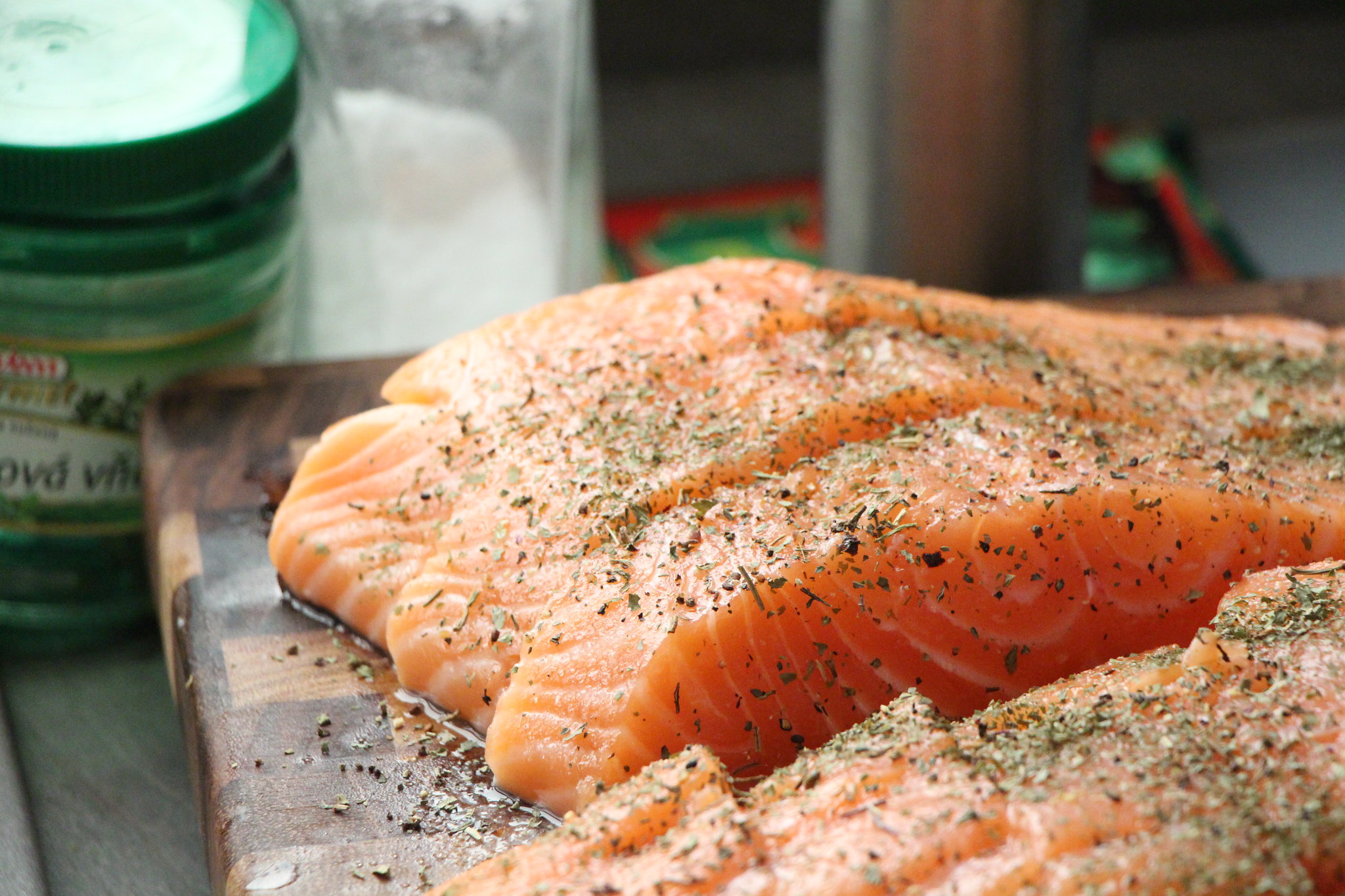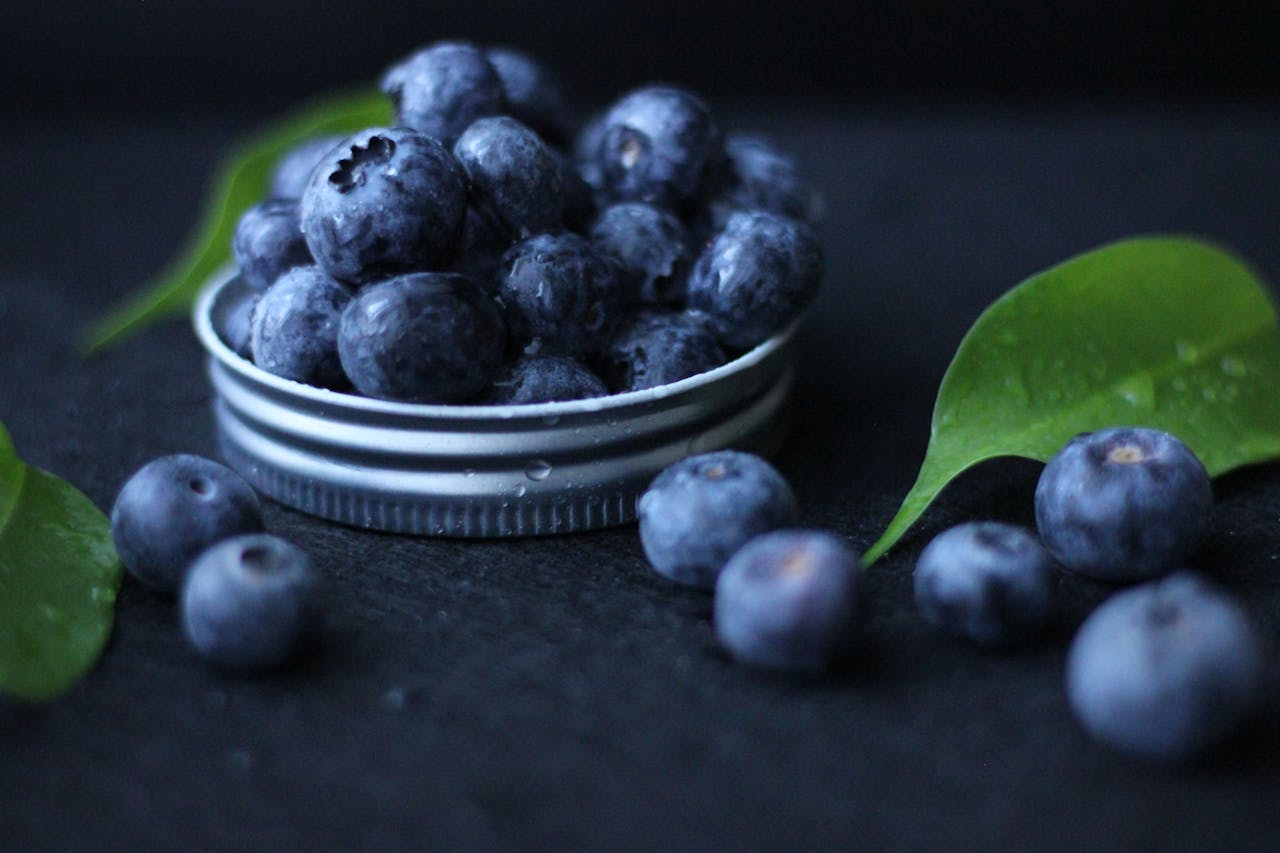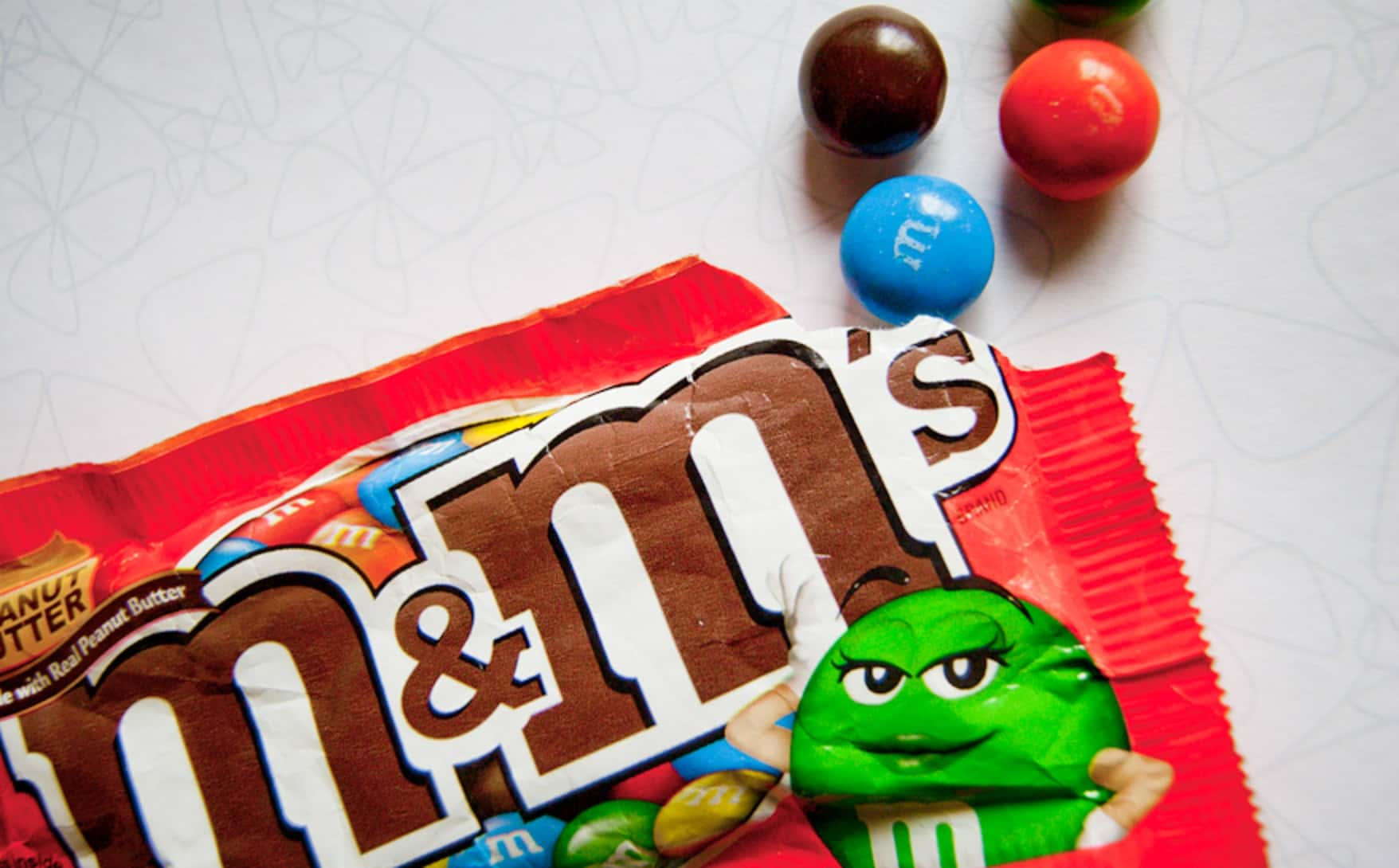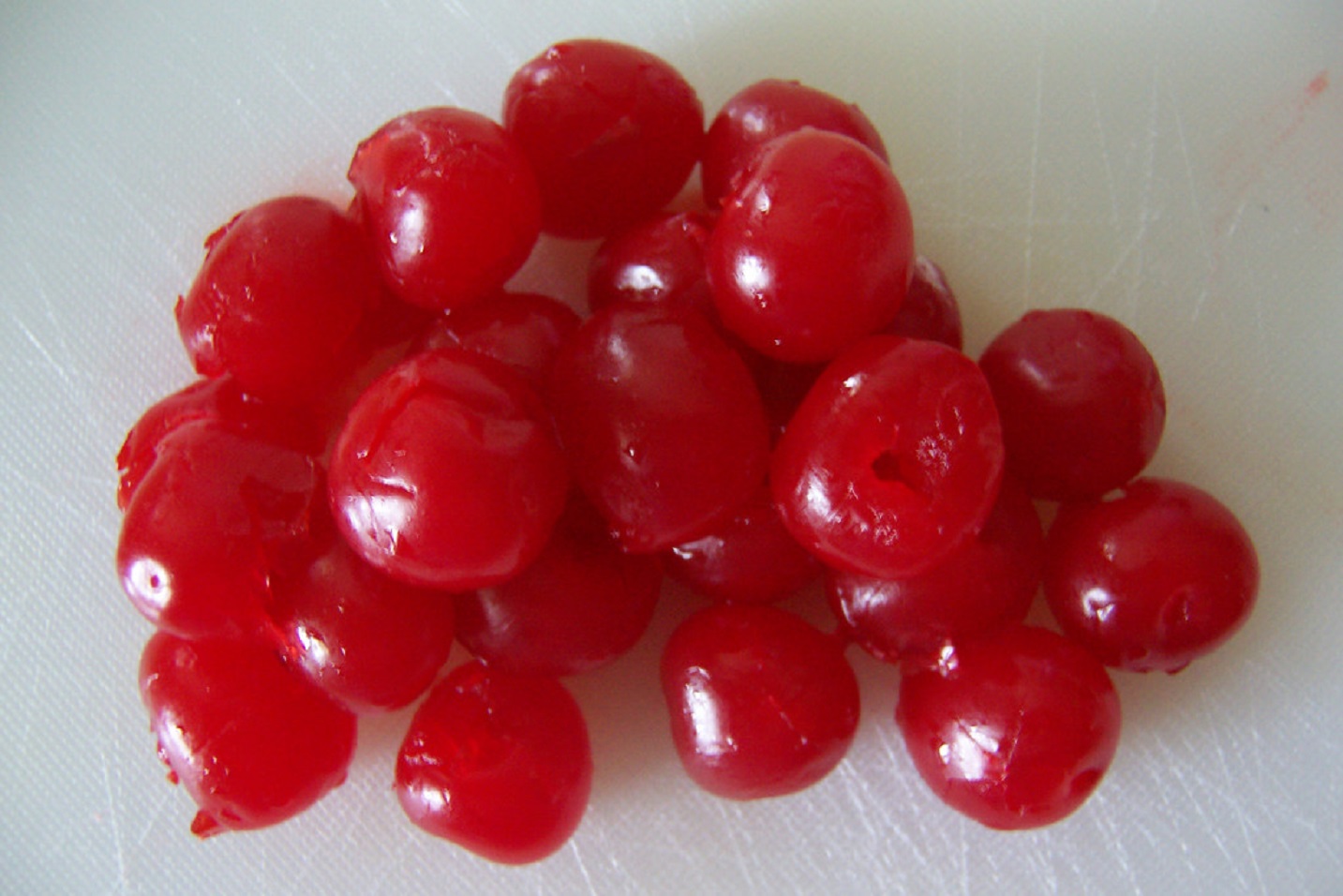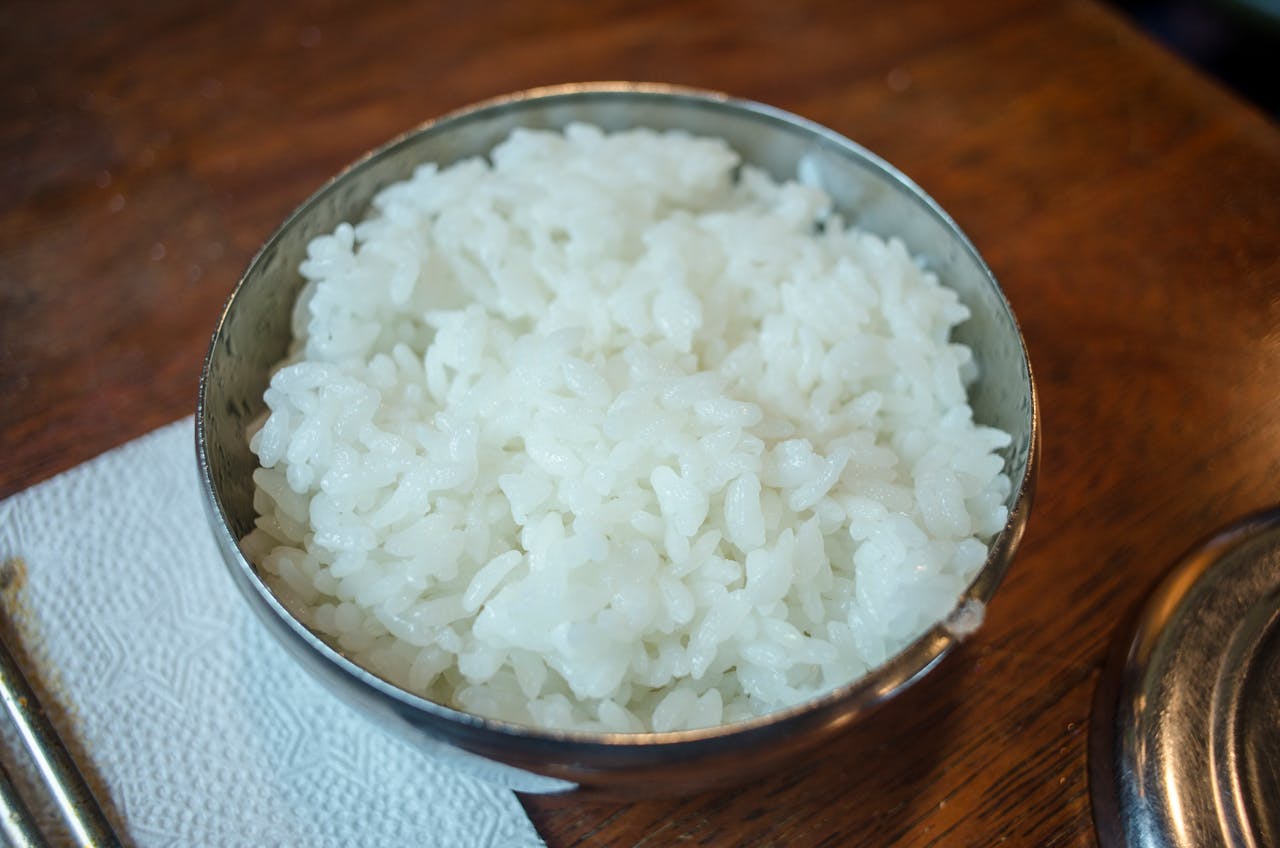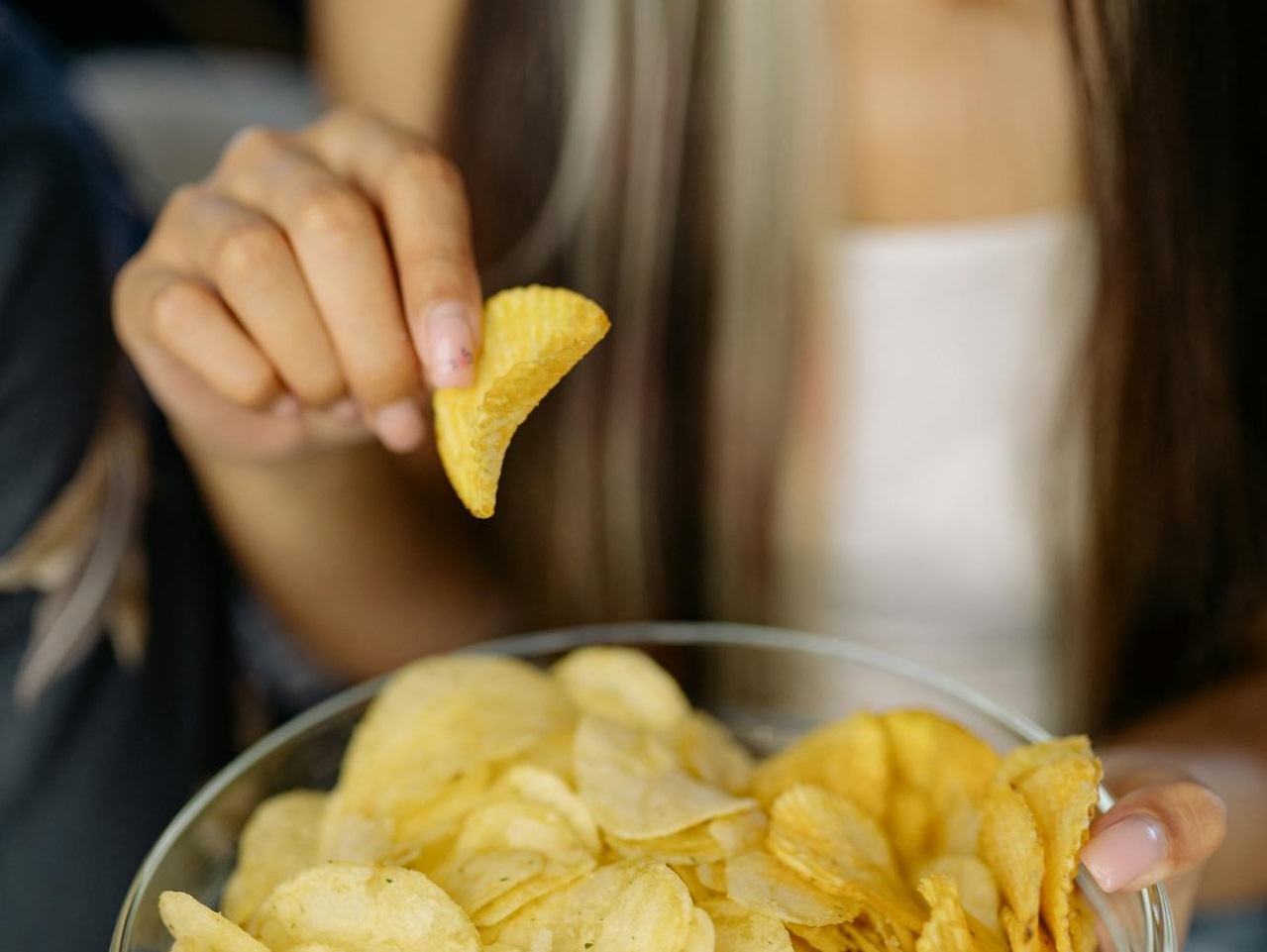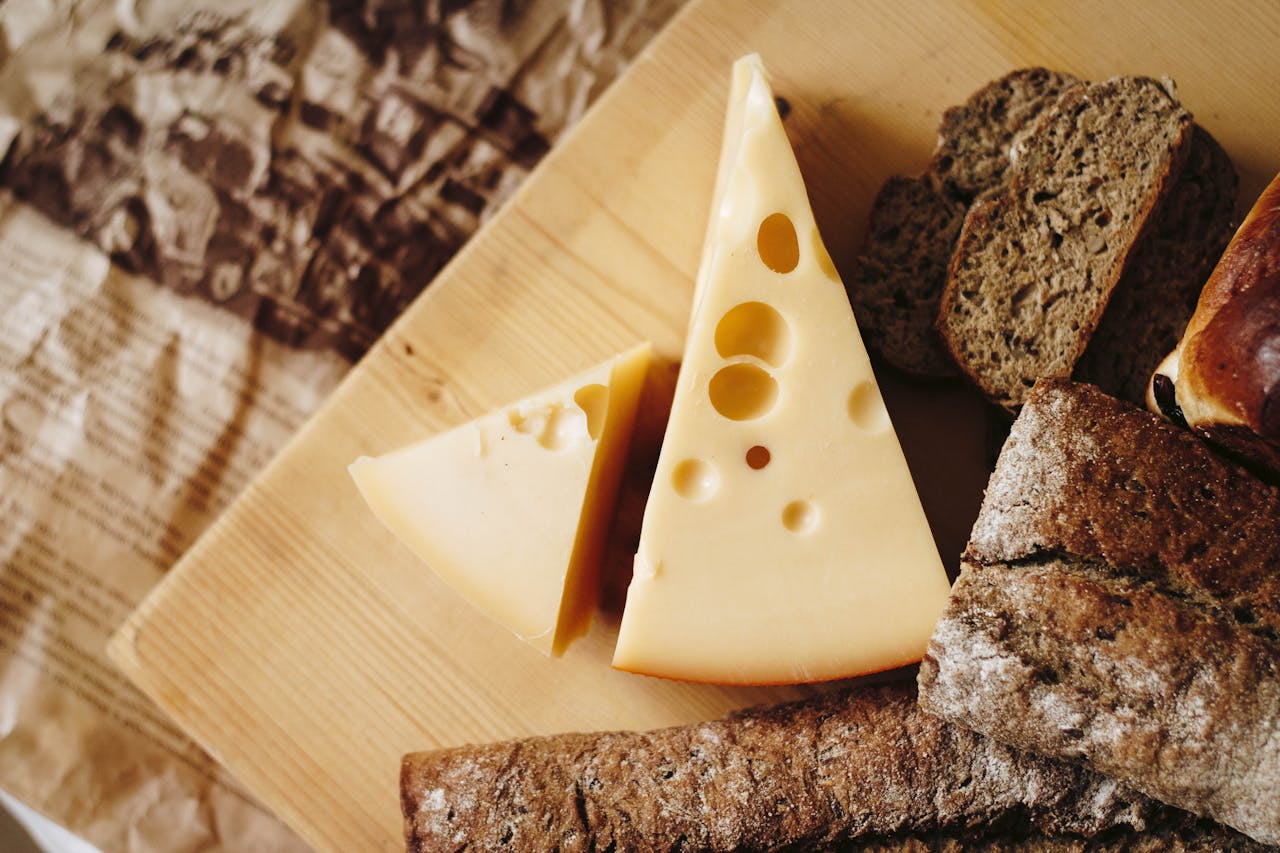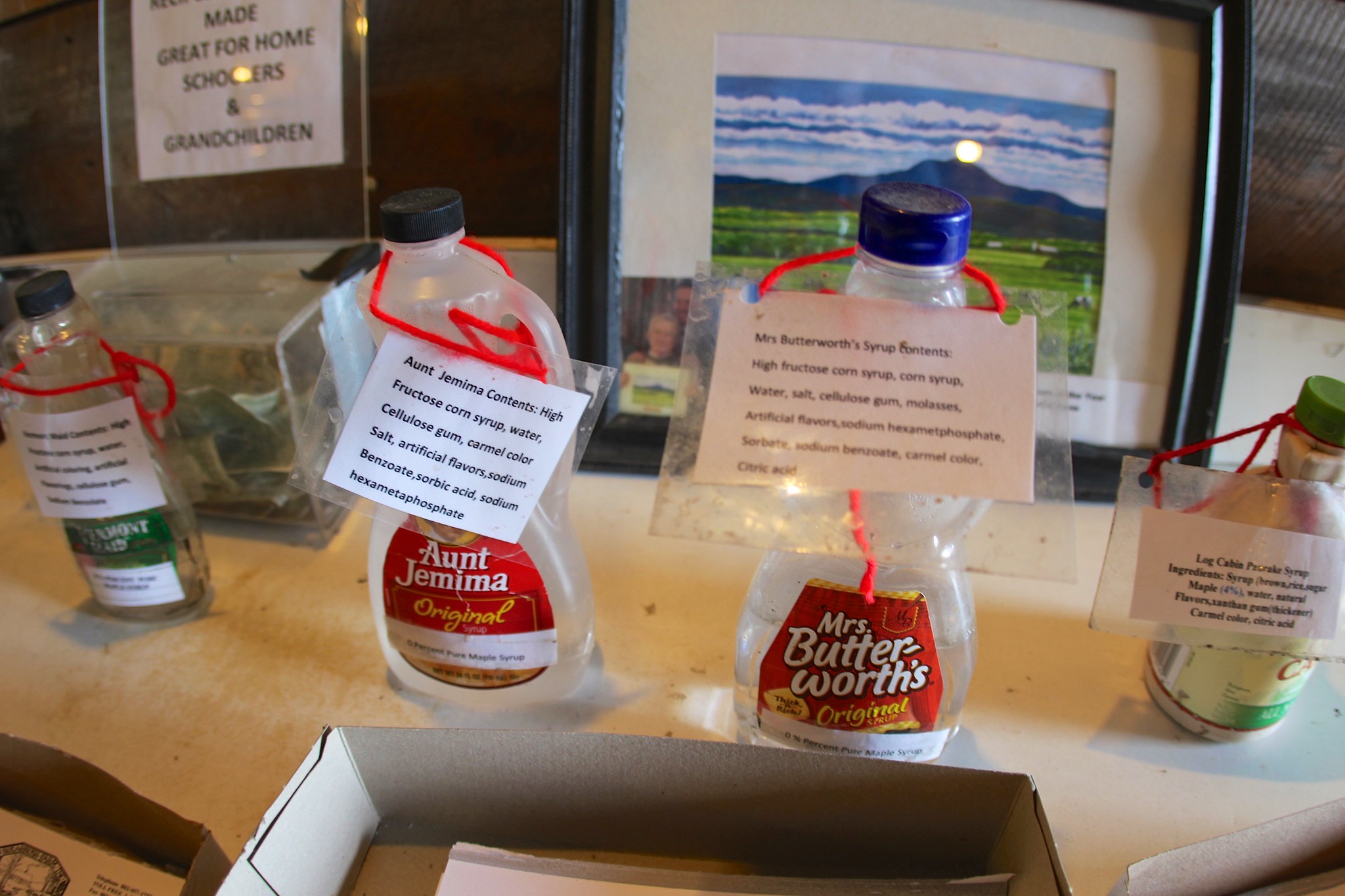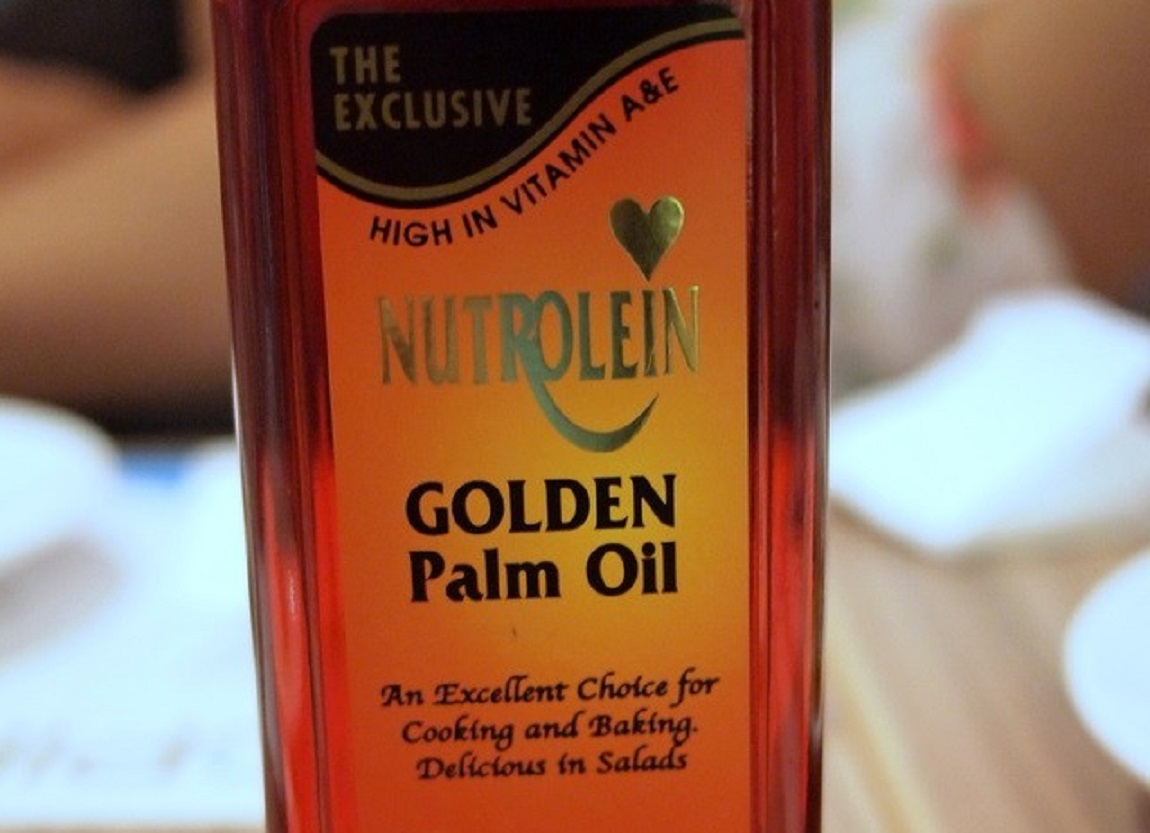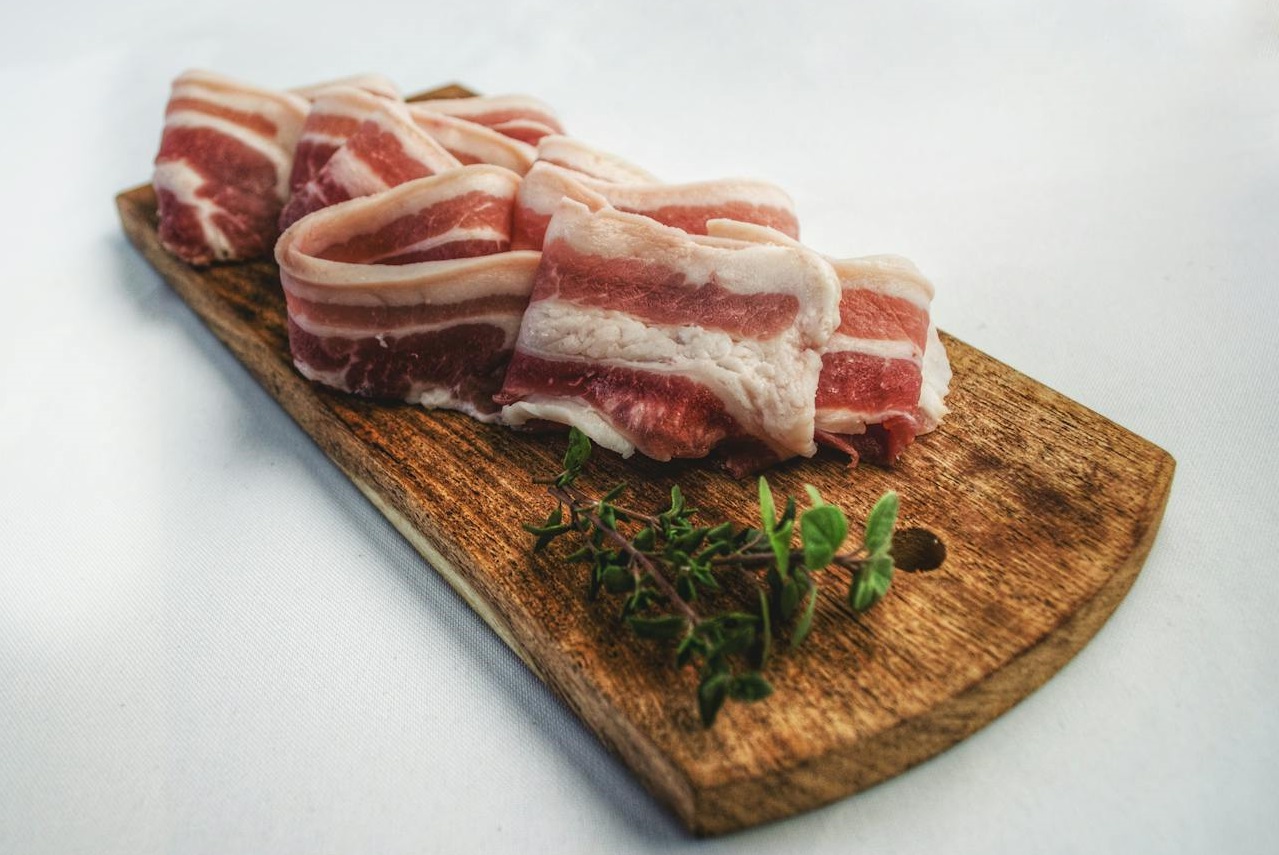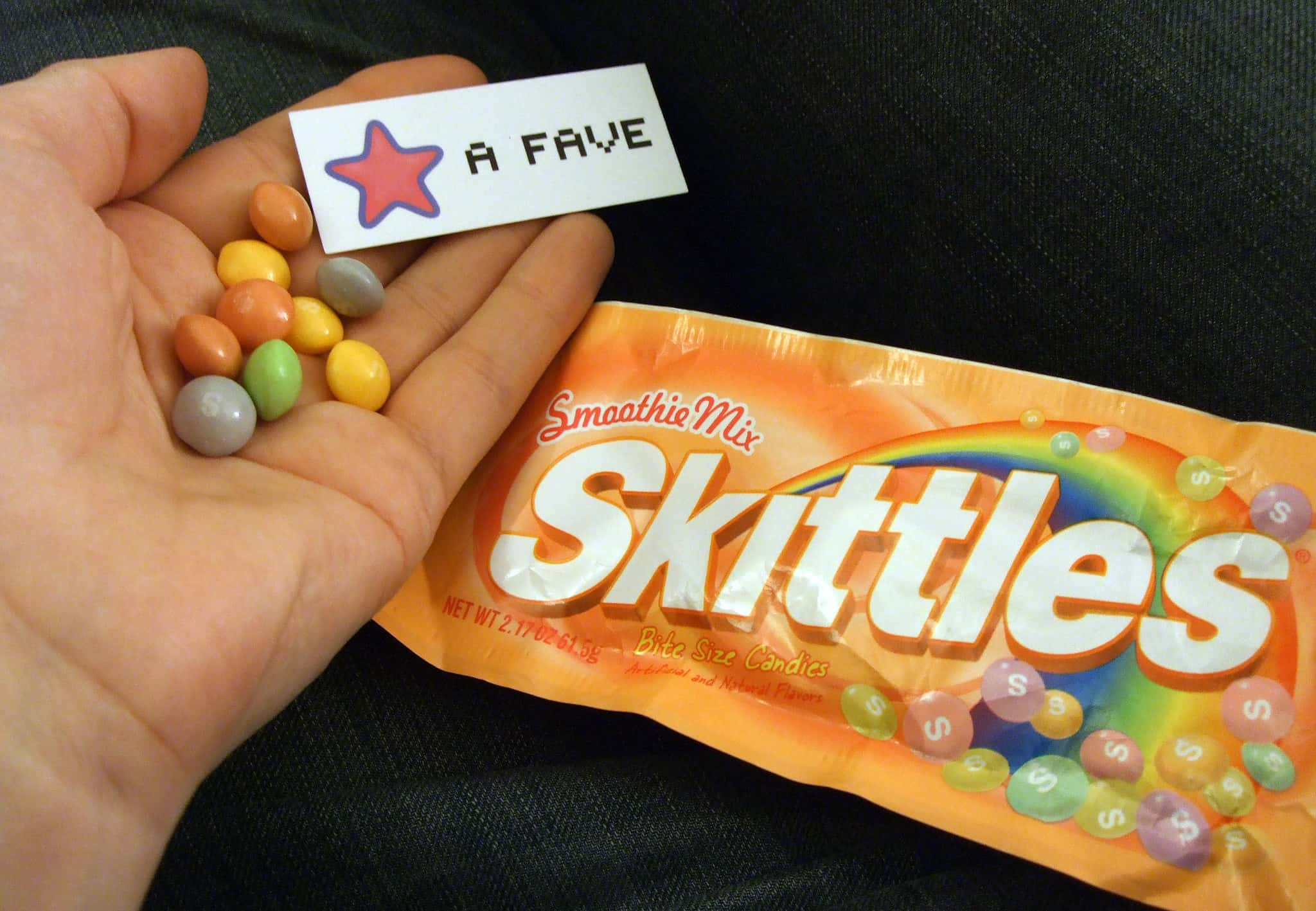These Snacks Are Tasty—And Deadly
America can be pretty lax when it comes to food regulations. That might be one factor in American snacks tasting so good, but it’s definitely the reason these foods have been banned in other countries.
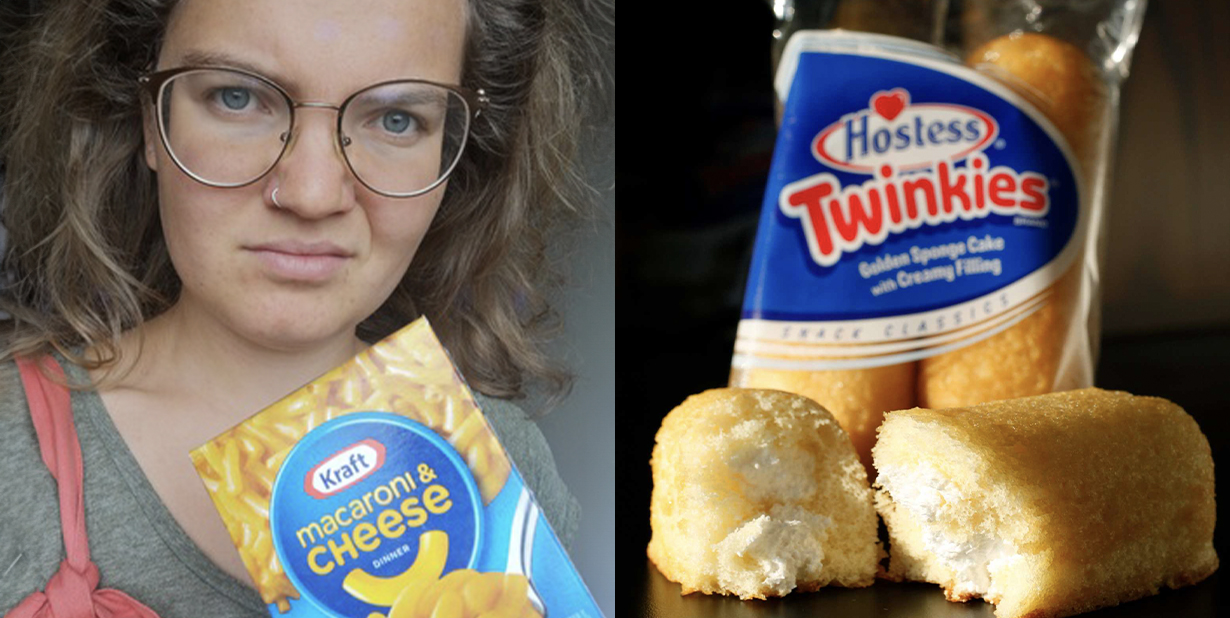
Twinkies
Twinkies are an American classic. They’re also banned in Europe. The vibrant yellow color in Twinkies, which comes from Yellow #5 food dye, is linked to health issues like cancer and asthma.
And it's not just Twinkies—some pastas and Jell-O also fall under this ban.
Mountain Dew
Mountain Dew isn’t the healthiest drink, especially with the addition of brominated vegetable oil, a flame-retardant chemical that can lead to skin problems and memory loss.
While Europe and Japan have banned it, Pepsi and Coca-Cola have been slow to remove it from their drinks.
Milk
Some dairy farms in the U.S. still use rBST, a hormone linked to health issues in cows and humans. This hormone increases milk production but also raises concerns about contamination from pus and antibiotics.
Because of rBST, Several countries including Australia, New Zealand, and Canada have banned imported dairy from the U.S.
Mac and Cheese
While Americans adore Kraft Mac and Cheese, its artificial coloring is a problem. Yellow #5 and #6 dyes are banned in several European countries due to their potential health risks.
These dyes aren't only in mac and cheese but also in a variety of everyday products, from potato chips to medications.
Apples
Apples, often hailed as a healthy snack, might not be as beneficial in the U.S. due to the wax coating used to enhance their appearance.
Unfortunately, this coating contains chemicals linked to cancer, prompting the EU to ban American apples.
Chocolate Milk
We all love chocolate milk, but some brands include carrageenan, a seaweed derivative that can trigger inflammation. It can also contribute to heart disease and neurodegenerative conditions like Alzheimer’s.
This ingredient has been banned by the EU due to its health concerns.
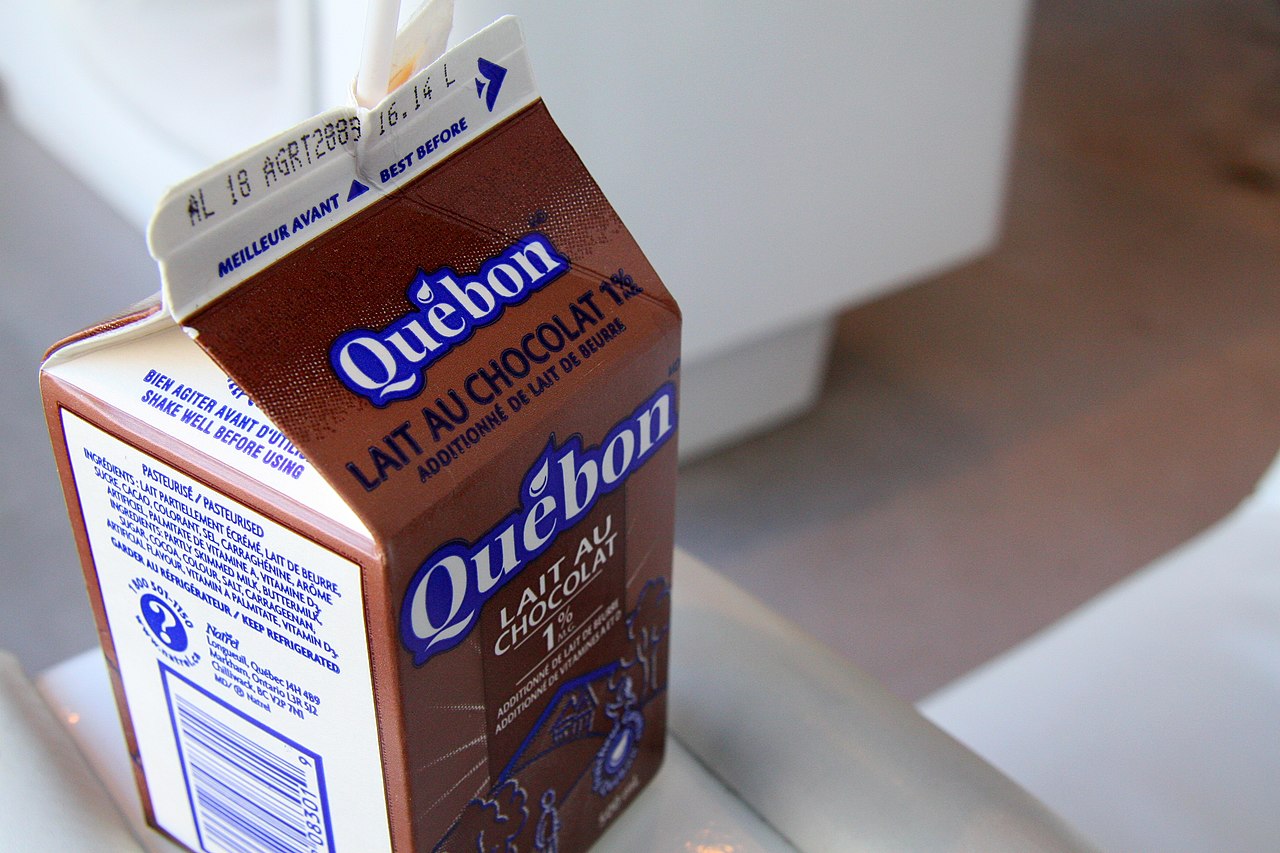 Simon Law, CC-BY-SA-2.0, Wikimedia Commons
Simon Law, CC-BY-SA-2.0, Wikimedia Commons
Ketchup
In 2011, France banned ketchup in elementary schools, claiming it was unhealthy. Really, it was a move to preserve their culinary heritage and promote traditional French cuisine among children.
This ban reflects efforts to ensure cultural recipes are passed down to future generations.
Ground Beef
Pre-packaged ground beef may offer convenience, but the presence of pink slime, which is treated with ammonia or citric acid, has raised health concerns.
Canada and the EU have banned its use due to potential risks associated with its consumption.
Coffee-Mate
Coffee-Mate, America’s favorite creamer, faced bans in several countries due to the inclusion of hydrogenated oils, which have been linked to heart disease.
Thankfully, the U.S. also prohibited these ingredients in 2018, aligning with international health standards.
Corn, Soy, and Papaya
Genetically modified organisms (GMOs), notably American corn, soy, and papaya, have sparked global controversy.
Russia and the EU have implemented bans on these GMOs due to concerns over health issues ranging from organ damage to birth defects and sterility.
Chicken
Chicken may be one of the healthier meats to eat in the United States, but our chicken isn’t so great according to the rest of the world. Chicken is sometimes fed arsenic, which makes the meat appear pinker and fresher. Arsenic is also a known poison in high enough quantities.
Also concerning, chlorine is sometimes used to wash the meat to kill any microorganisms on the bird,. Because of this and arsenic, American chicken is banned in the EU.
Pork
Ractopamine is used to increase protein synthesis in pork by reducing the overall fat content. While less fat may seem like a good thing, it's not a great hormone to have in our systems.
Some studies show that up to 45% of pigs have been given ractopamine, and 20% of the ractopamine remains in the meat when it’s bought from the store.
Because of this, American pork is banned in 160 countries.
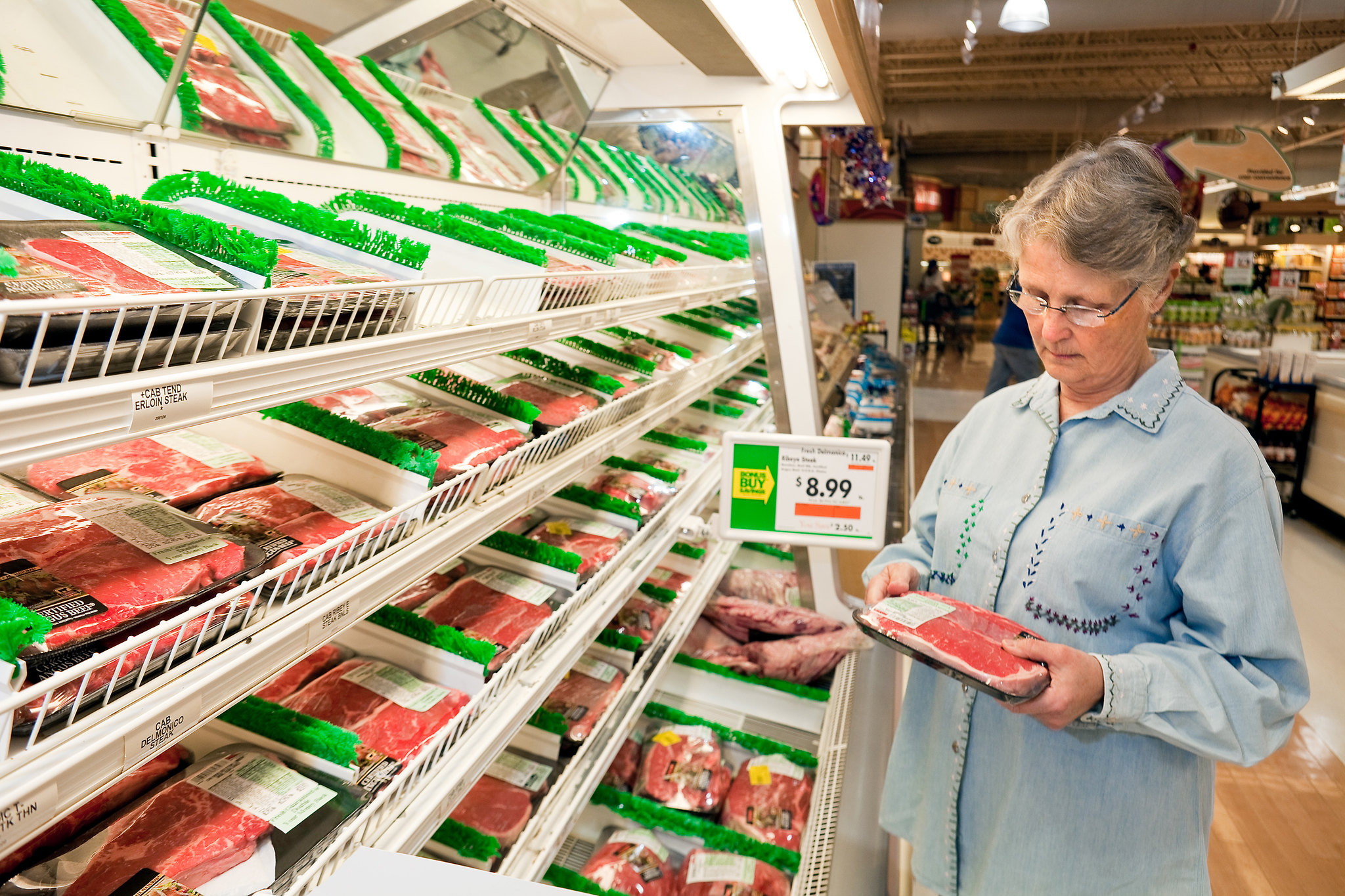 U.S. Department of Agriculture, Flickr
U.S. Department of Agriculture, Flickr
Bread
Found in wraps, rolls, breadcrumbs, bagel chips, and flatbreads, potassium bromate is an important chemical for bakers that don’t have time to cook bread the classic way.
Unfortunately, it’s been linked to kidney damage, cancer, and nervous system damage. It’s no surprise that potassium bromate is banned in Europe, Canada, and China.
Frozen Dinners
Azodicarbonamide can be found in a variety of things including frozen dinners, breads, boxed pasta mixes, and packaged baked goods.
It’s also used to bleach flour and foam plastic, like yoga mats and the soles of sneakers.
Sugar Cane
Banned in the EU, crops in the United States can still be treated with Atrazine. It’s an herbicide that has a wide variety of uses, but it’s been known to cause birth defects, reproductive tumors, skin sensitization, and muscle degeneration.
Fat-Free Food
Fat-free food seemed like a dream come true with the invention of Olestra, but it had its drawbacks.
Found in snacks like fat-free potato chips, Olestra hampers vitamin absorption and can lead to digestive issues. As such, it's banned in Canada and the UK.
Foot Loops
Fruit-flavored cereals like Froot Loops and Fruity Pebbles are colorful and tasty, but their artificial dyes have raised red flags.
Specifically, the dye in Froot Loops is associated with inhibiting nerve-cell development, leading to bans in several European countries.
Gum
Chewing gum is no big deal In America, but it contains BHA, a chemical linked to cancer in rats. This preservative, also found in various foods, has prompted bans in places like the UK and Japan.
Salmon
While salmon is a nutritious choice, farm-raised salmon comes with concerns. Fed chemicals and antibiotics to achieve its vibrant hue, farm-raised salmon poses potential health risks, leading to its ban in Austria and New Zealand.
Artificial Blueberry
Artificial blueberry products may look appealing, but their coloring derived from petroleum raises health concerns. Linked to nerve-cell degeneration and hyperactivity, this dye is banned in several countries.
M&Ms
M&Ms may seem like a universal treat, but their ingredients vary across countries, and some formulations, like those containing Blue #2 food dye, raise concerns.
The history of dangerous dyes in M&Ms, such as the suspected carcinogen amaranth in the red ones, has led to bans in Europe.
Maraschino Cherries
Maraschino cherries, despite their appeal, often contain Red #40, a dye associated with allergies and an increased cancer risk.
This dye isn't limited to cherries—it's also in products like grenadine and cherry pie mix.
Rice
Rice, a dietary staple, can pose risks due to its absorption of arsenic. With rising concerns over arsenic levels, especially its impact on the health of children, monitoring practices are in place.
However, they're still not extensive enough for a complete ban in Europe.
Potato Chips
BHT, commonly used as a preservative in foods like potato chips, has sparked debates over its safety. Some countries have opted for bans or heavy restrictions due to its potential carcinogenic properties.
Cheese
American dairy products, including cheese, face scrutiny in some countries due to the use of rBGH, a hormone linked to cancer risks.
High Fructose Syrup
High fructose corn syrup, prevalent in cheaply made products, is under scrutiny for its potential health impacts like obesity and Type 2 diabetes.
As a result, several European countries have either restricted its use or banned it altogether.
Palm Oil
Palm oil, commonly found in various products from peanut butter to cookies, has faced scrutiny for its health implications and environmental impact.
While it can increase cardiovascular risks, the EU's ban on palm oil is more of an effort to fight the deforestation of rainforests rather than health concerns.
Processed Meats
Processed meats like bacon and smoked meats often contain sodium nitrate, a preservative linked to cancer. Because of this, they've been banned in the EU.
Skittles
Skittles, beloved for their colorful taste, were banned in Norway due to the presence of Titanium Dioxide, associated with cancer and immune system impairment.
Diabetic Desserts
In response to concerns over artificial sweeteners, the EU banned several sweeteners, including aspartame, from diabetic desserts in 2018.
While some sweeteners are now permitted under regulation, their use remains highly controlled.

